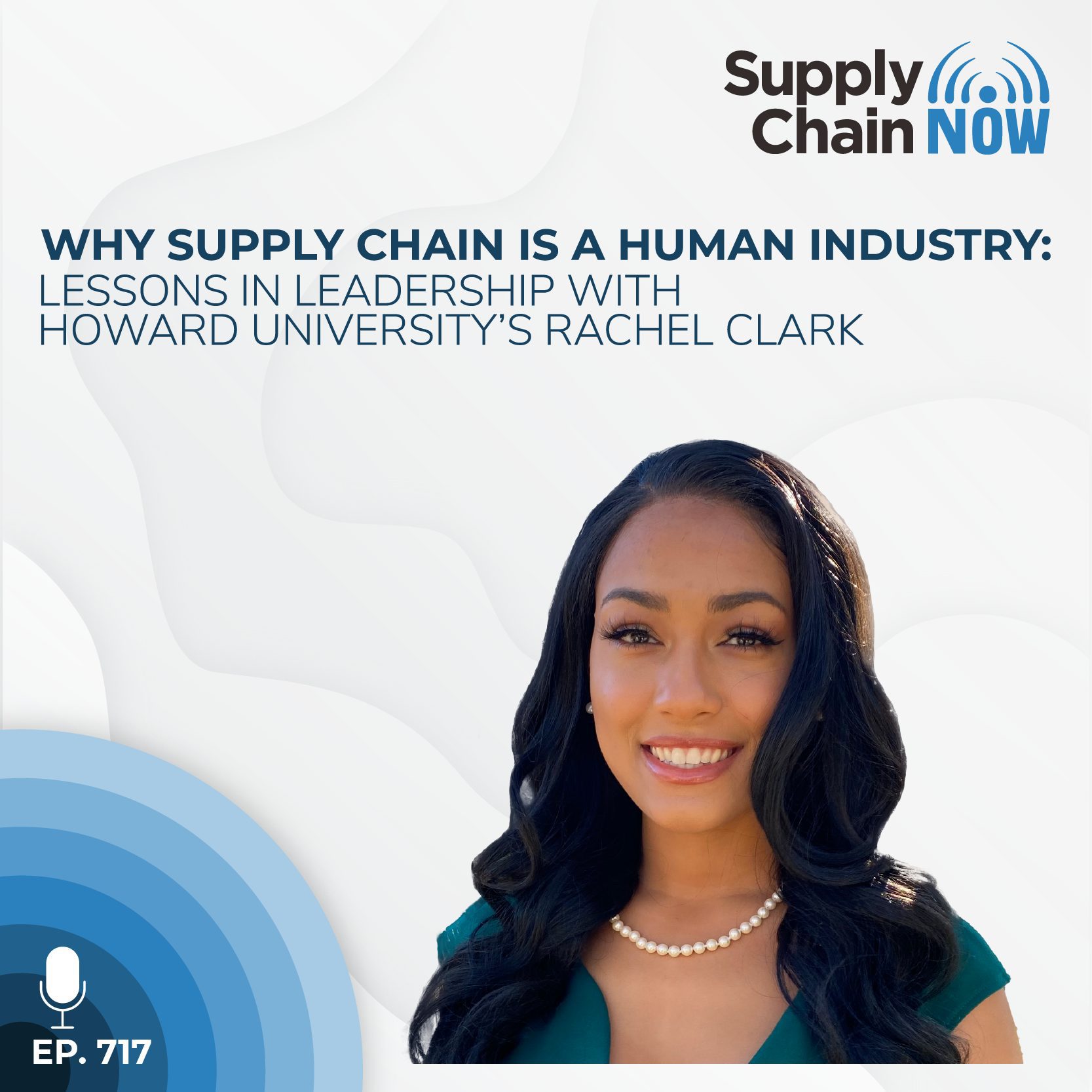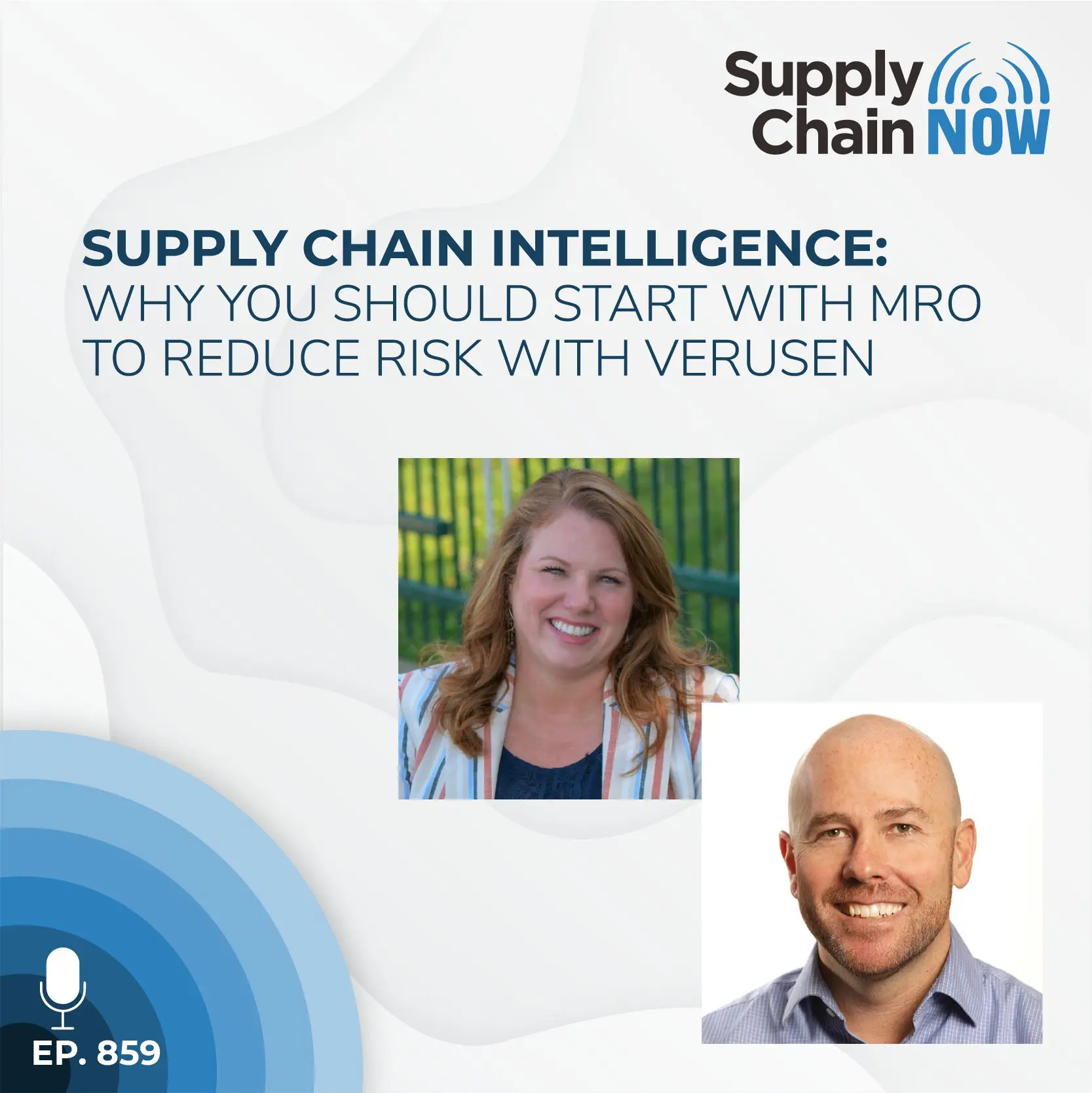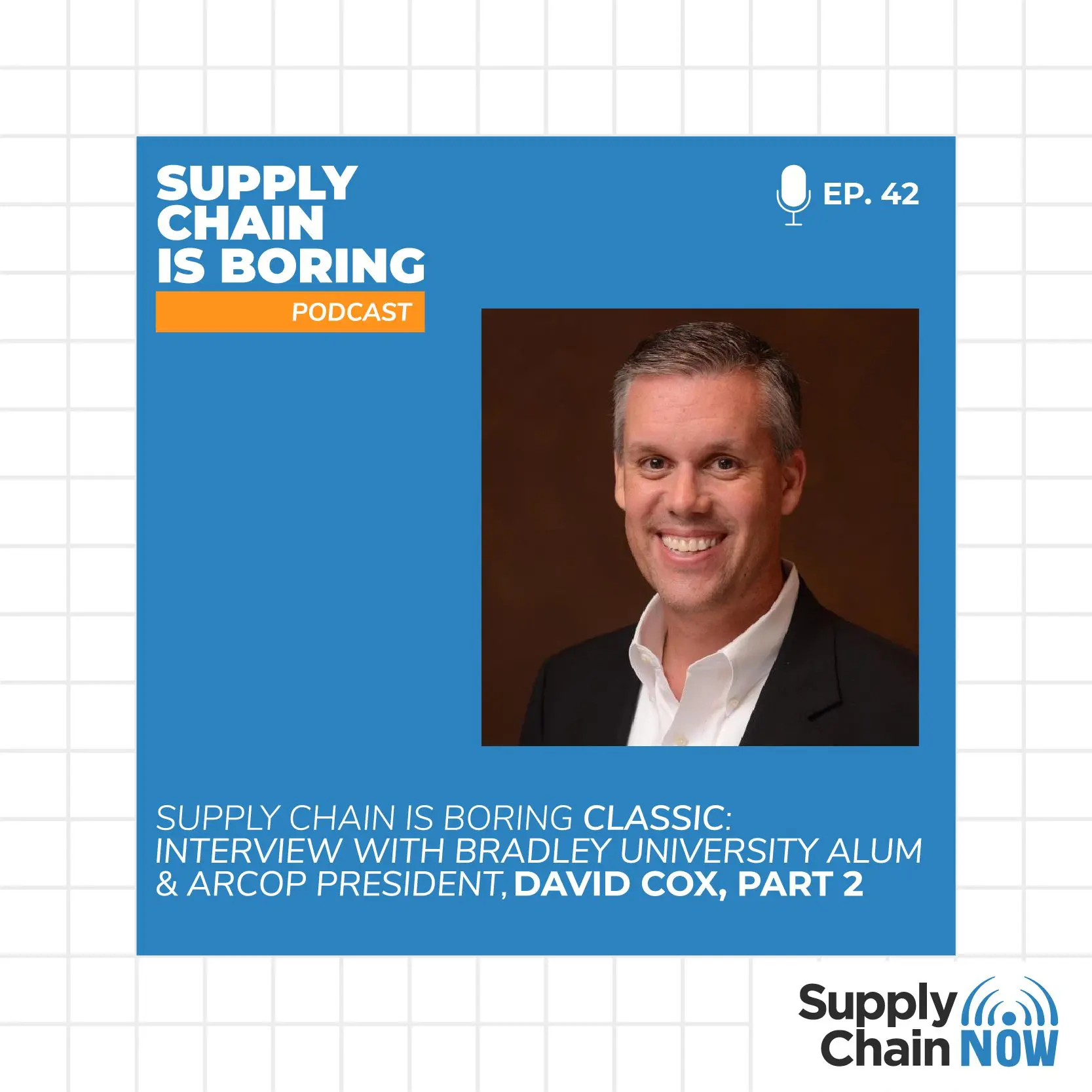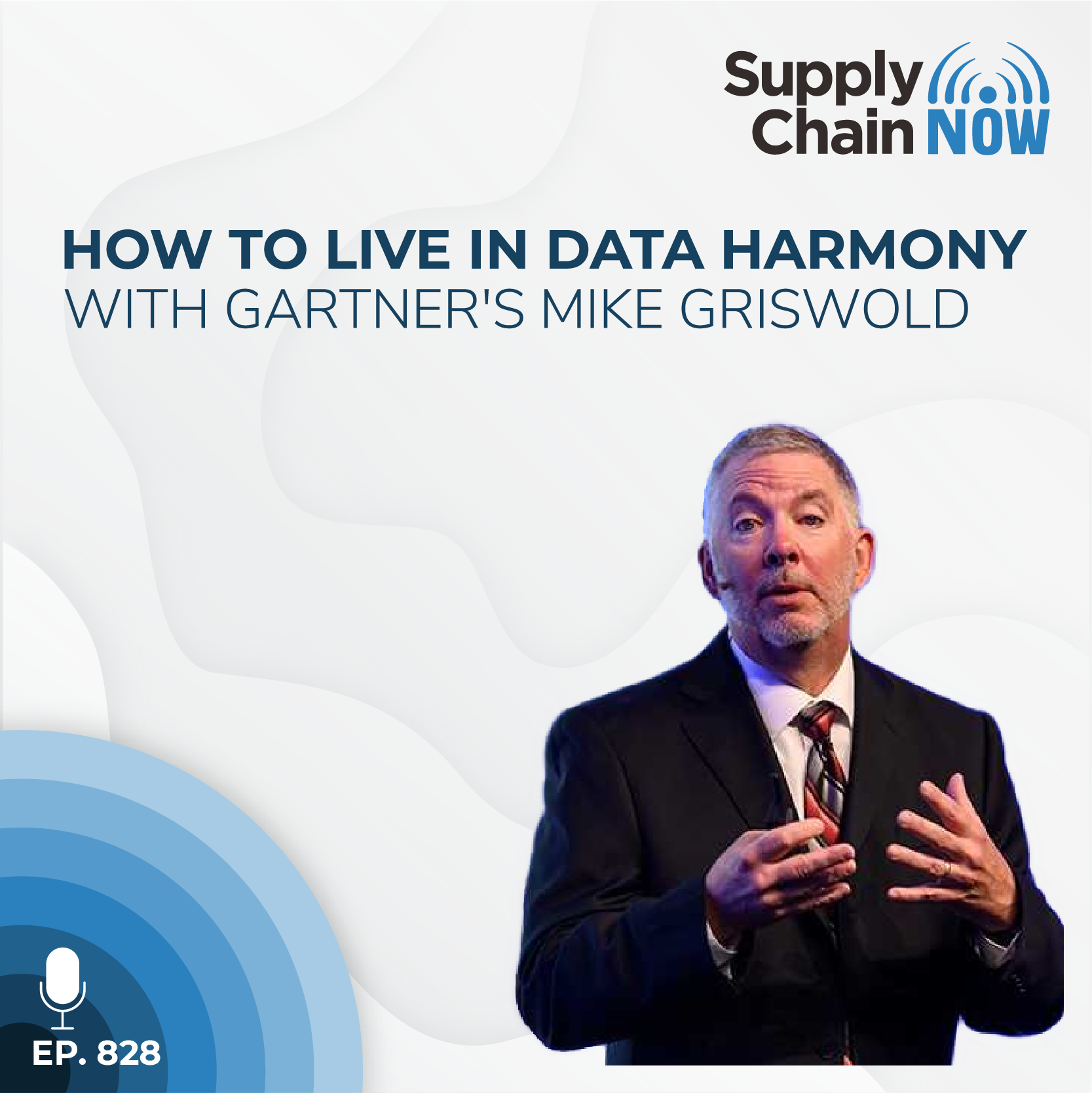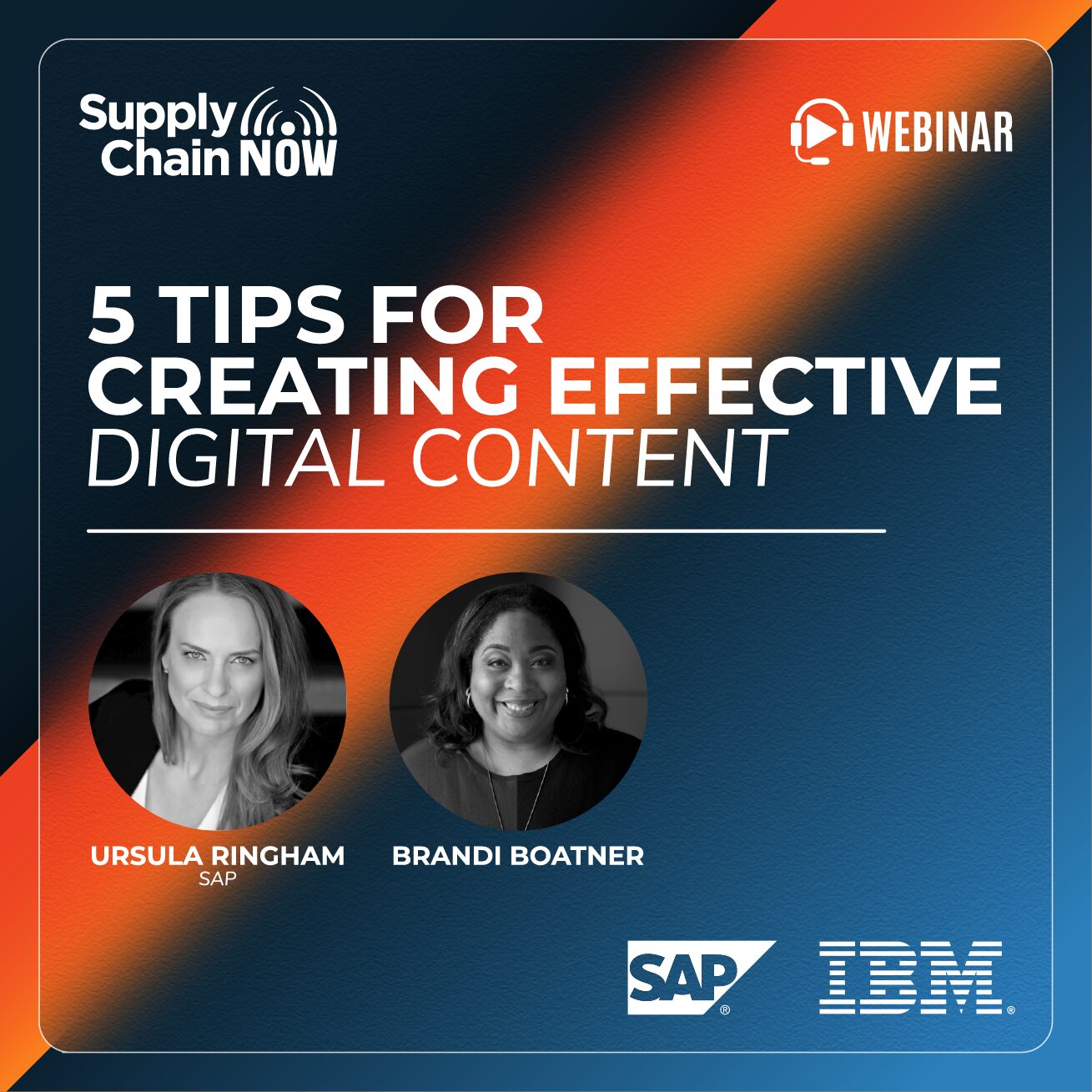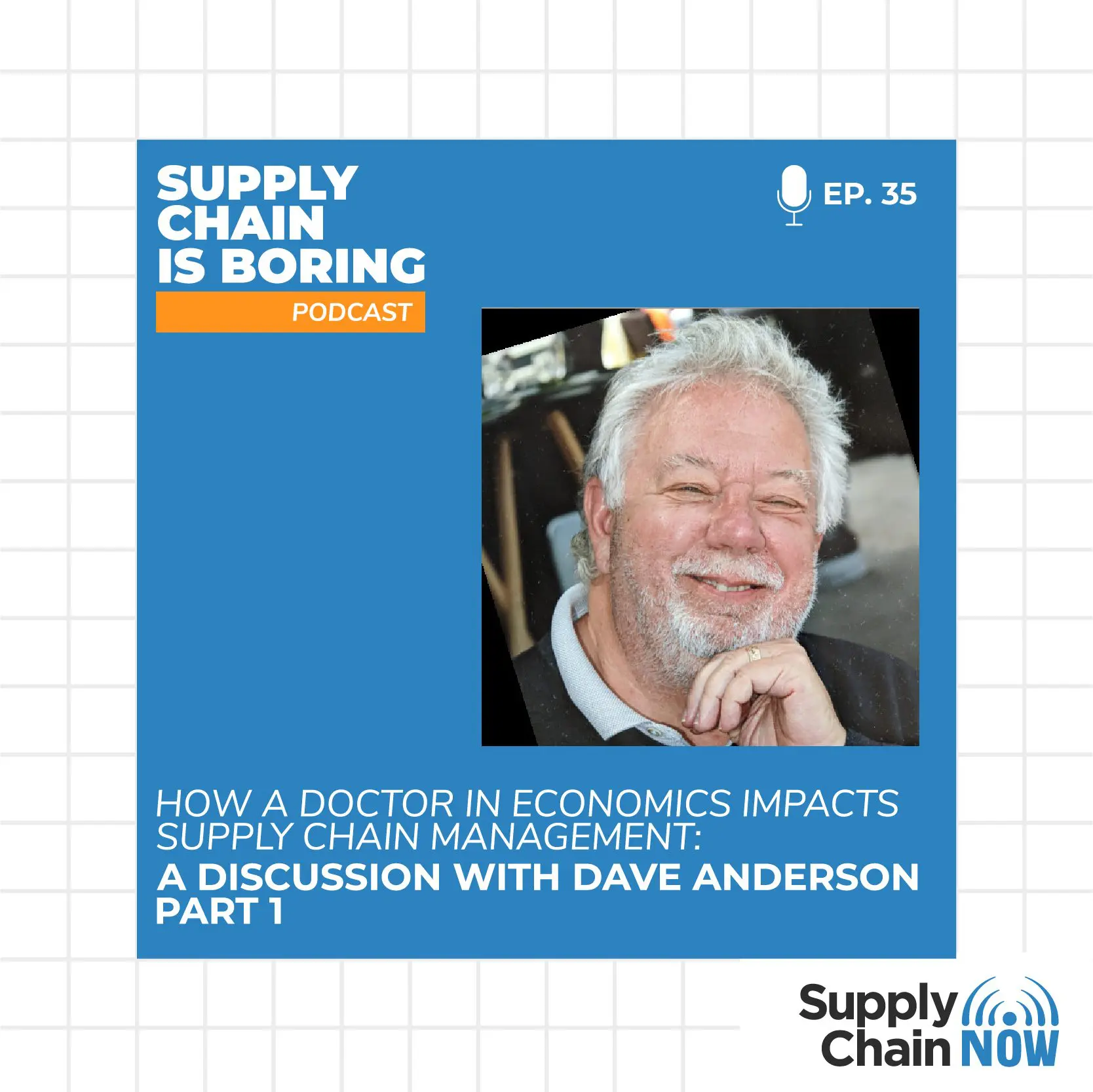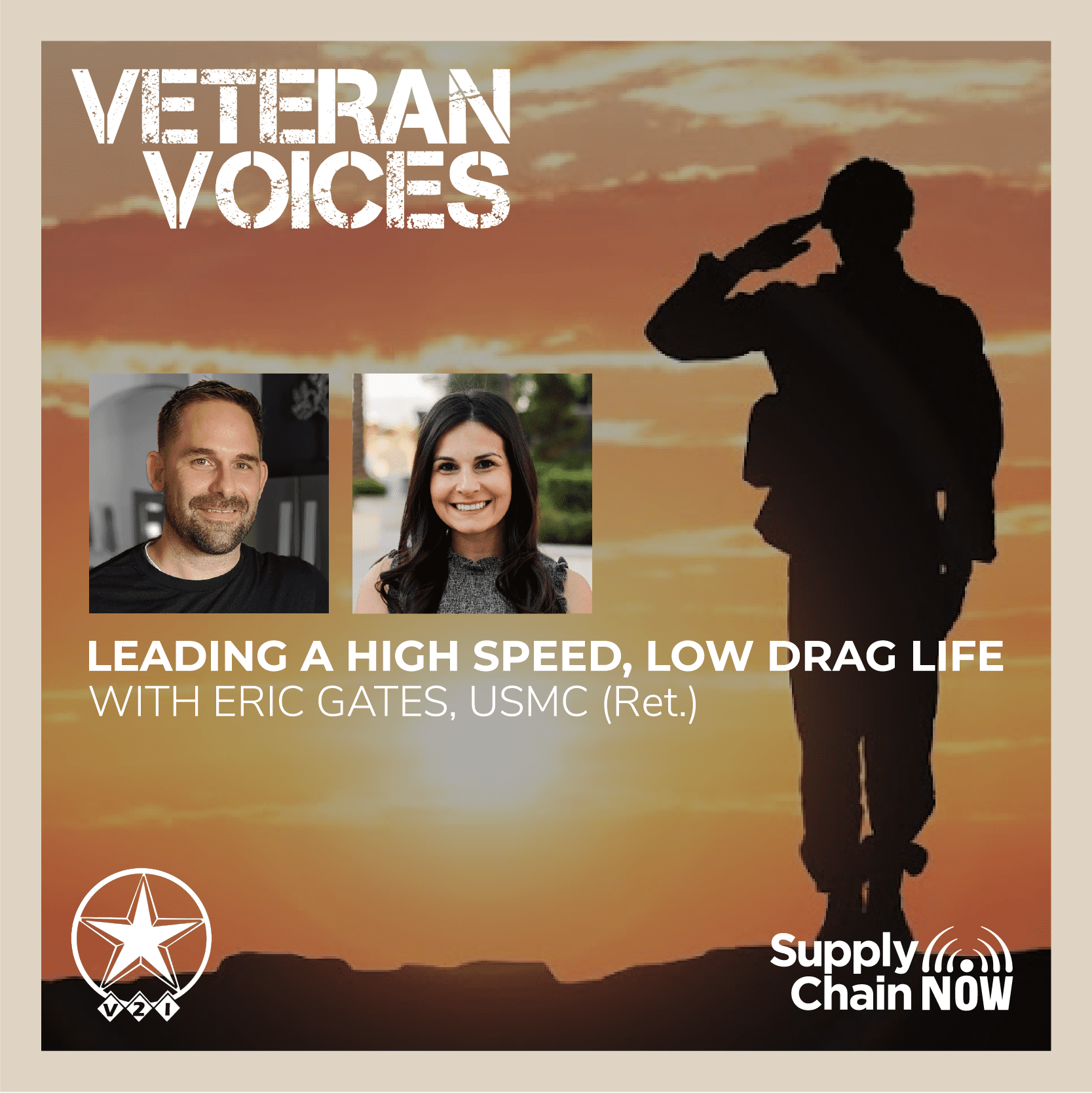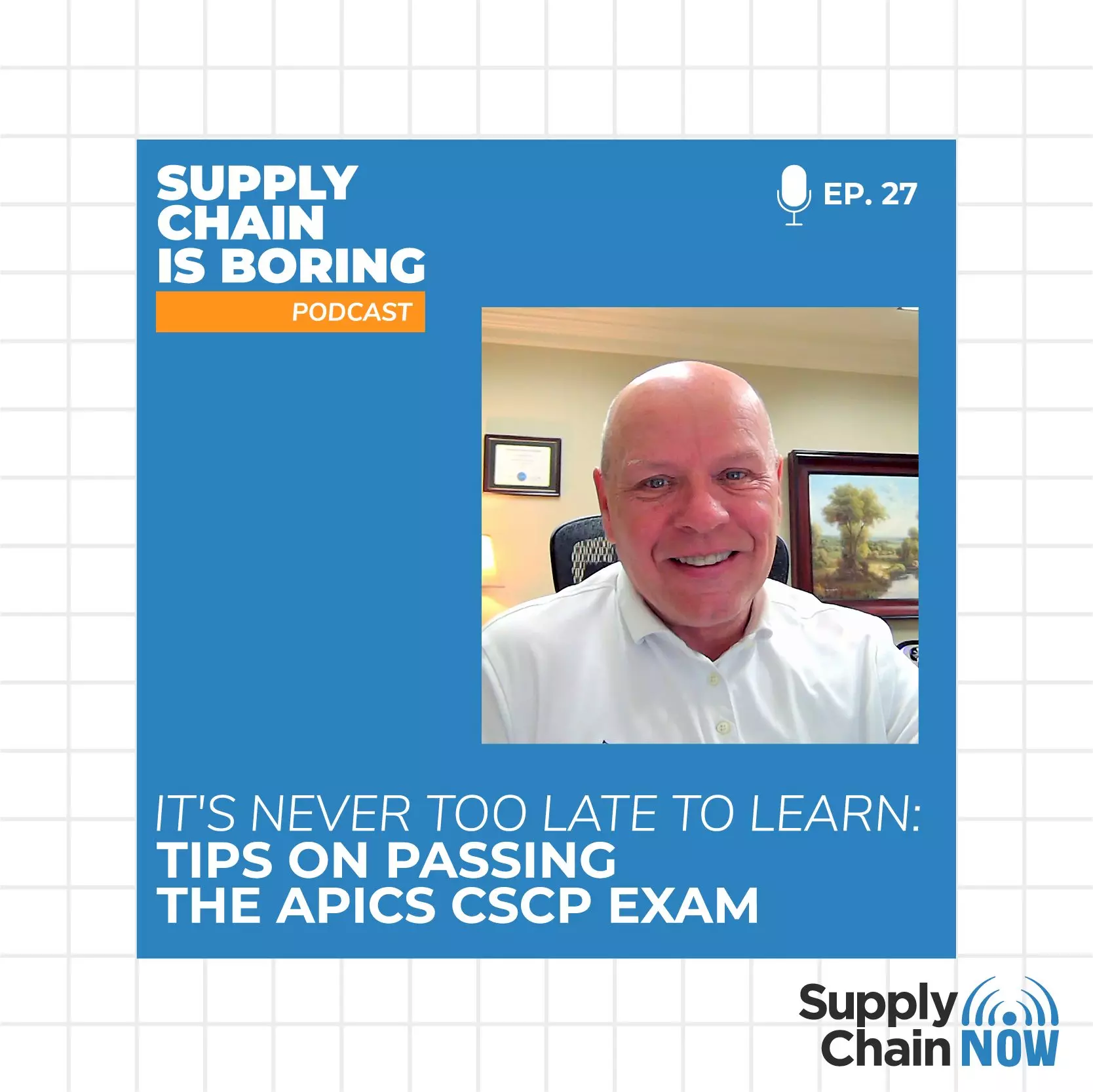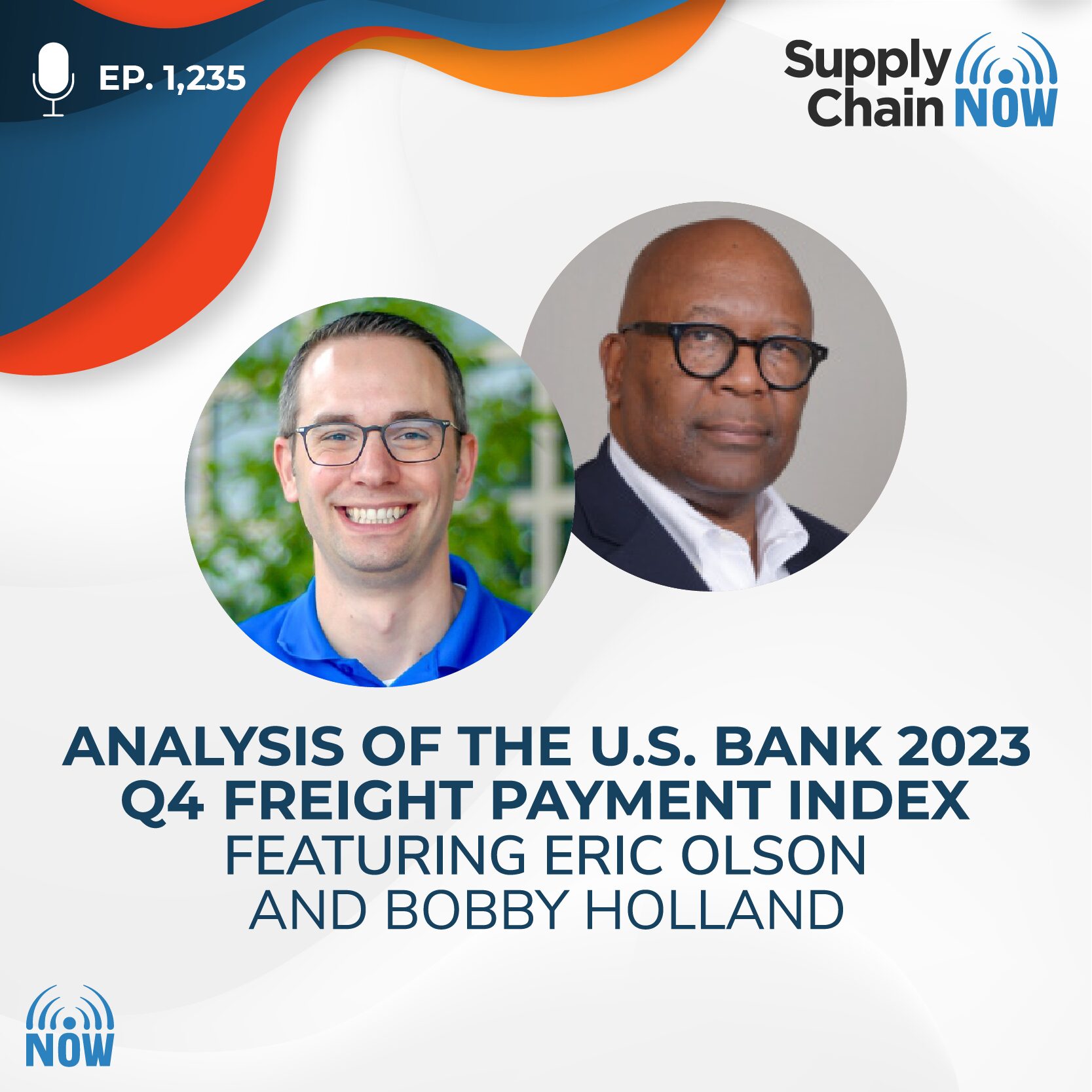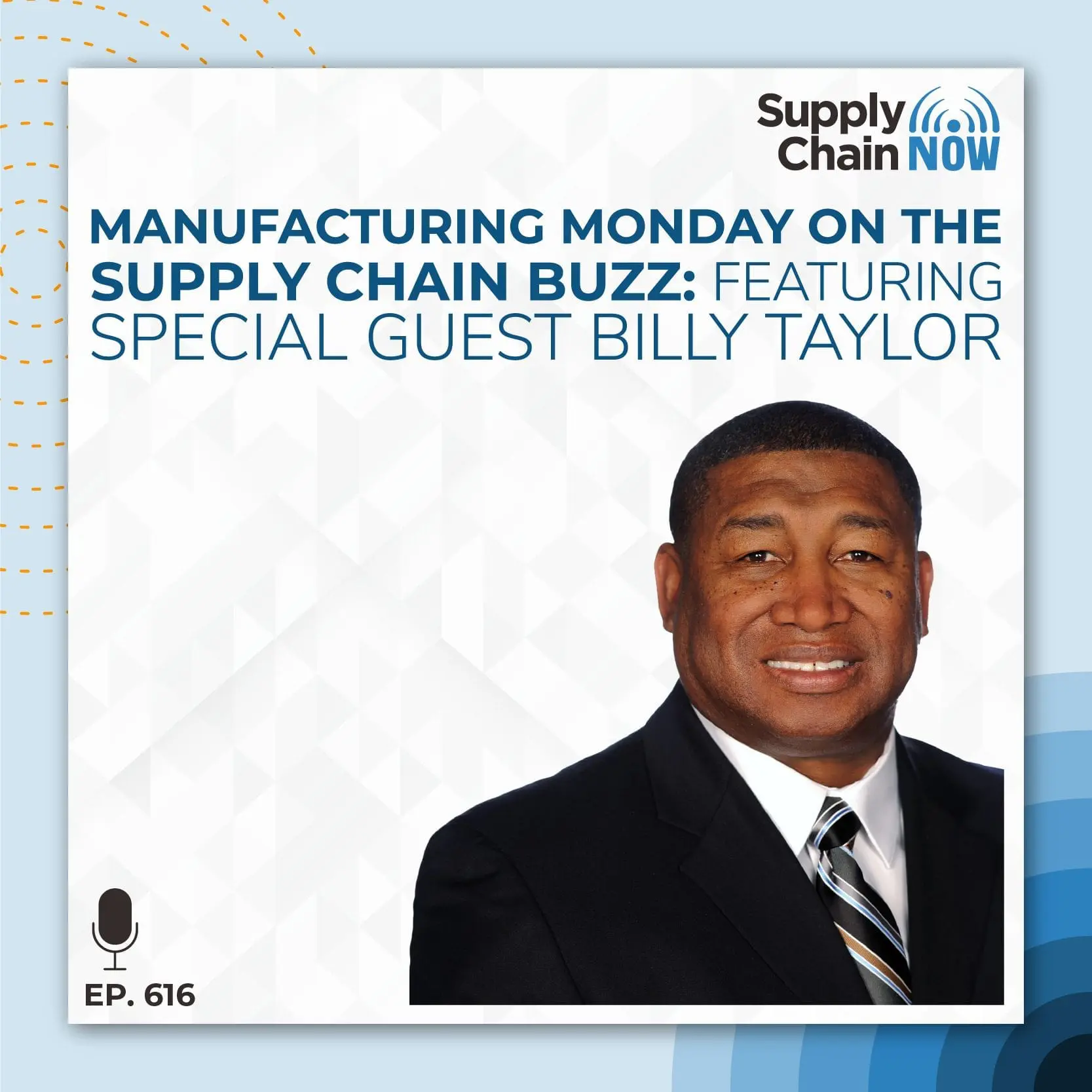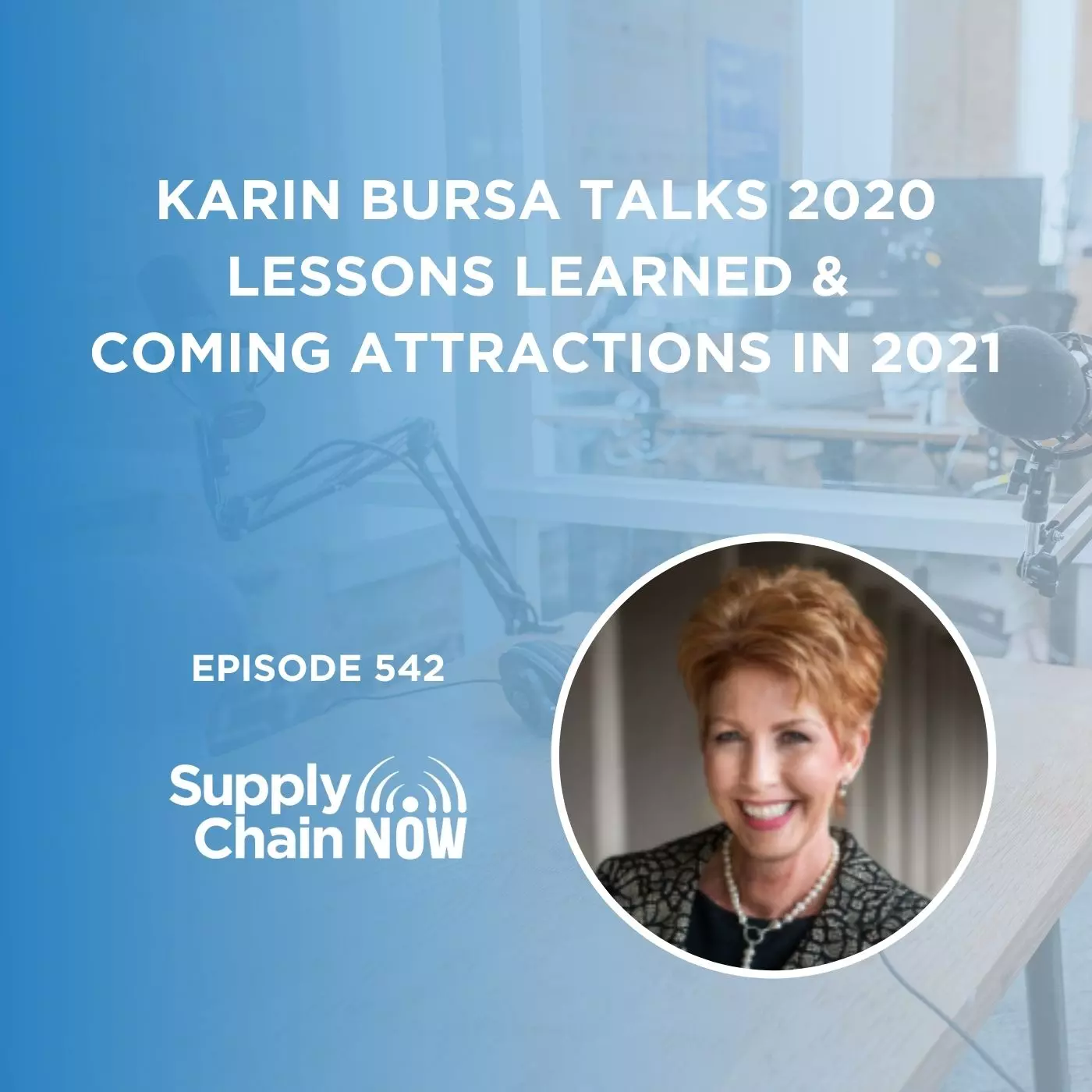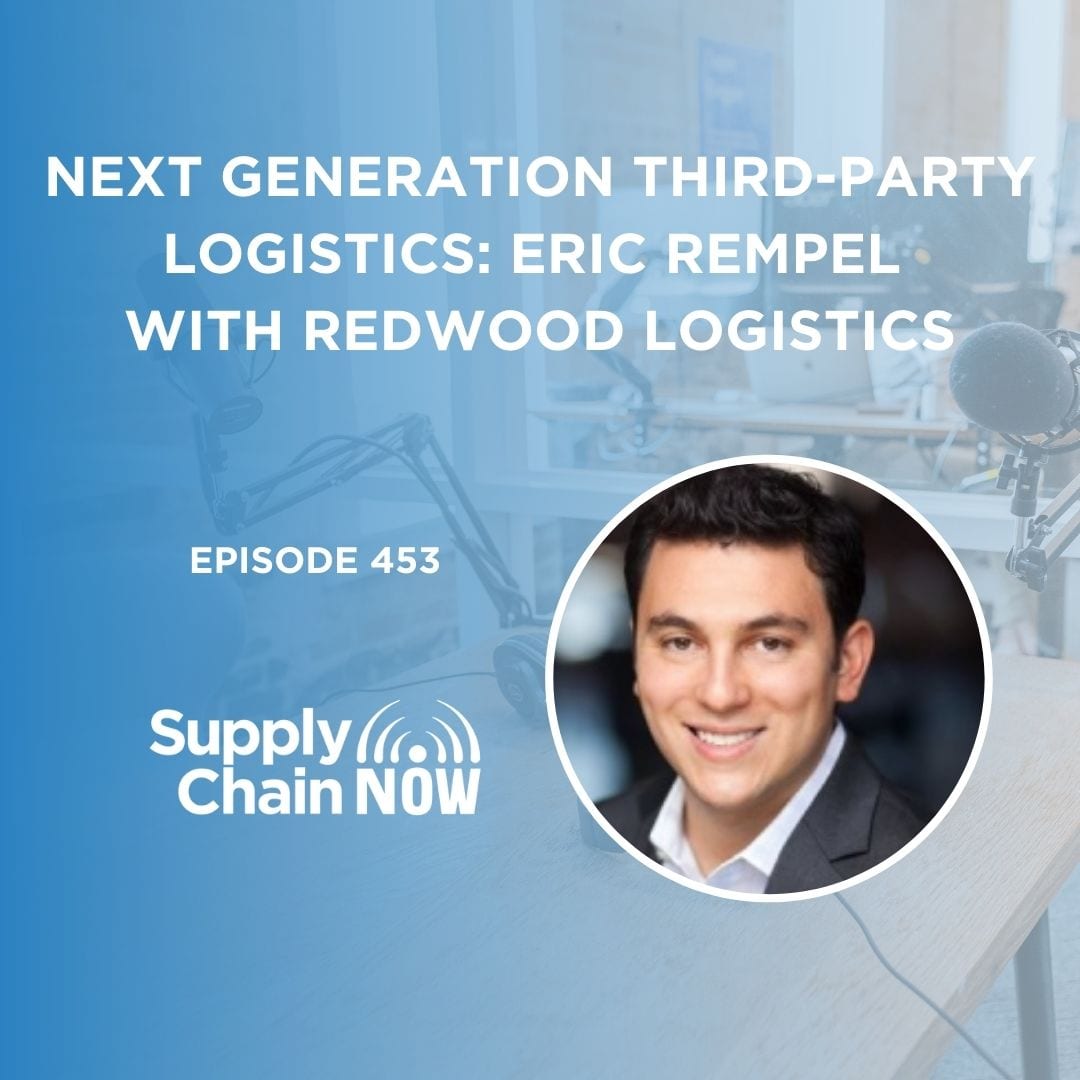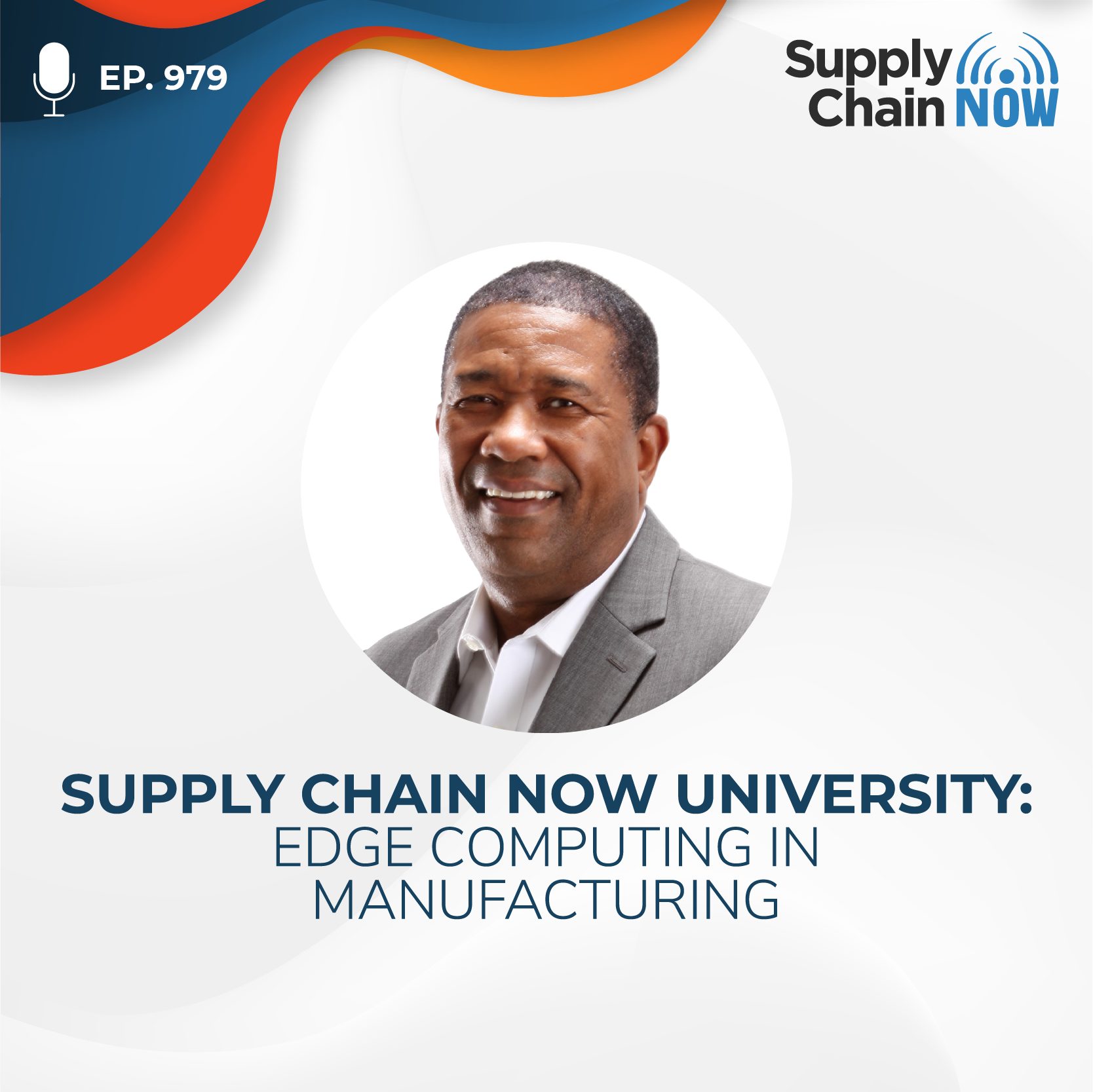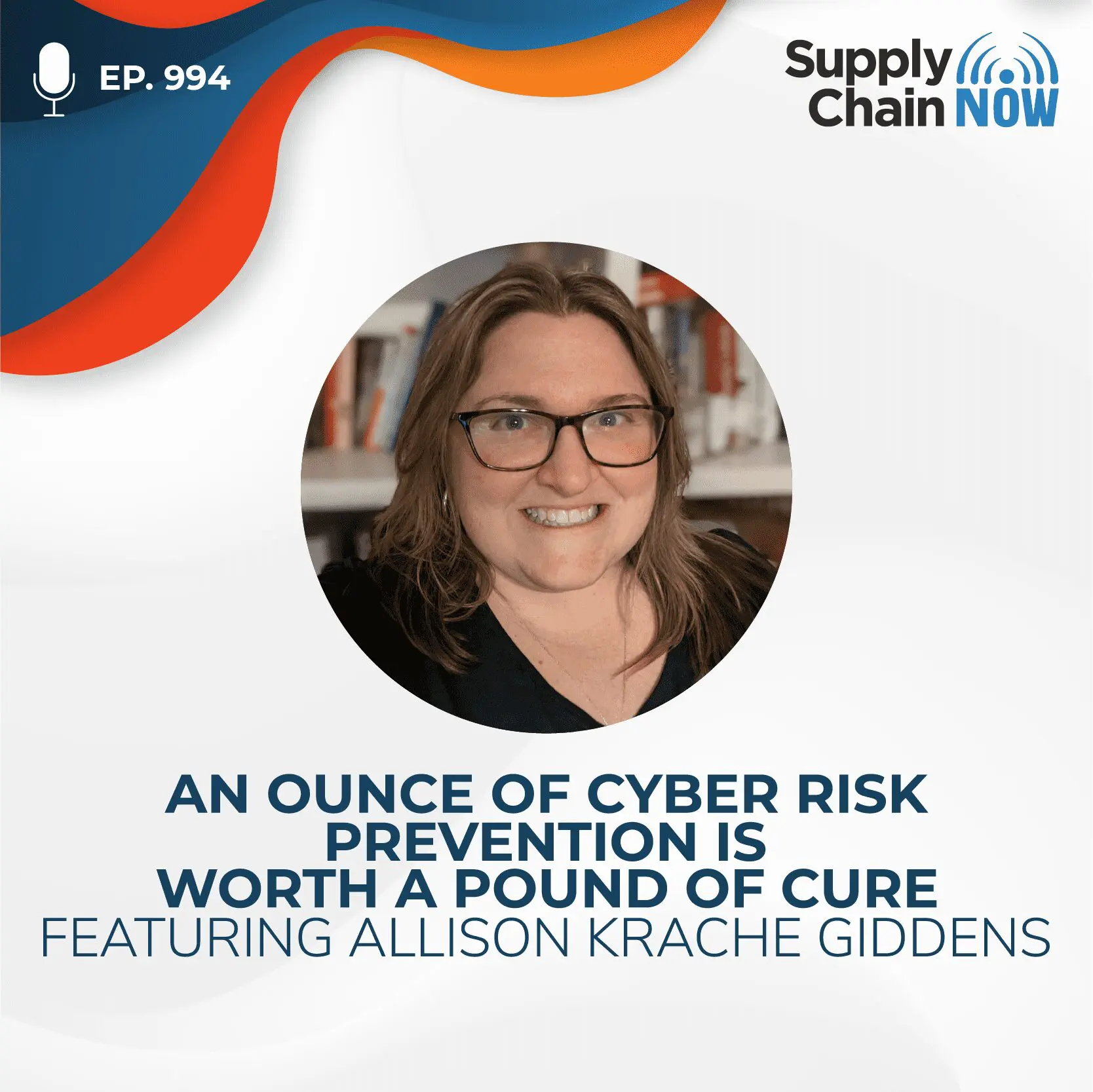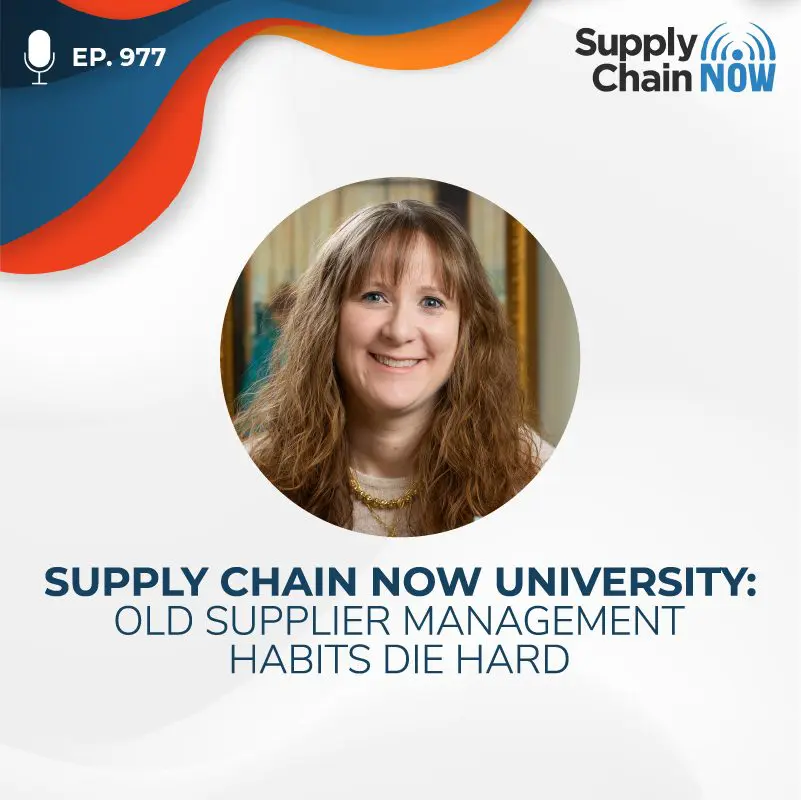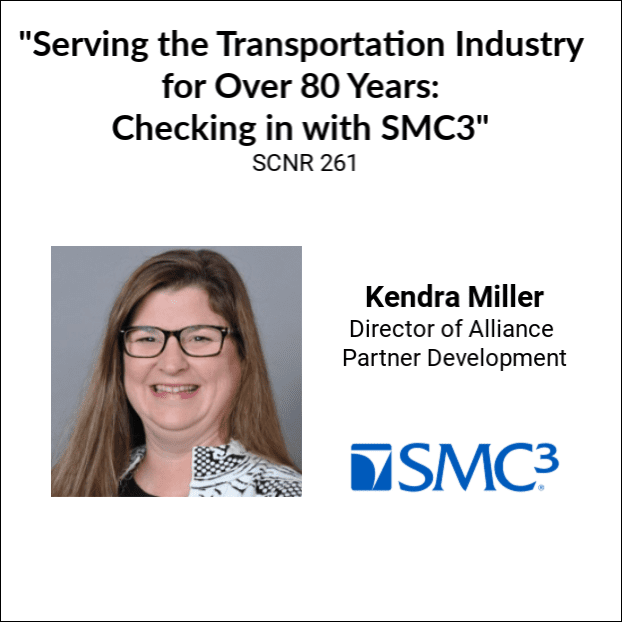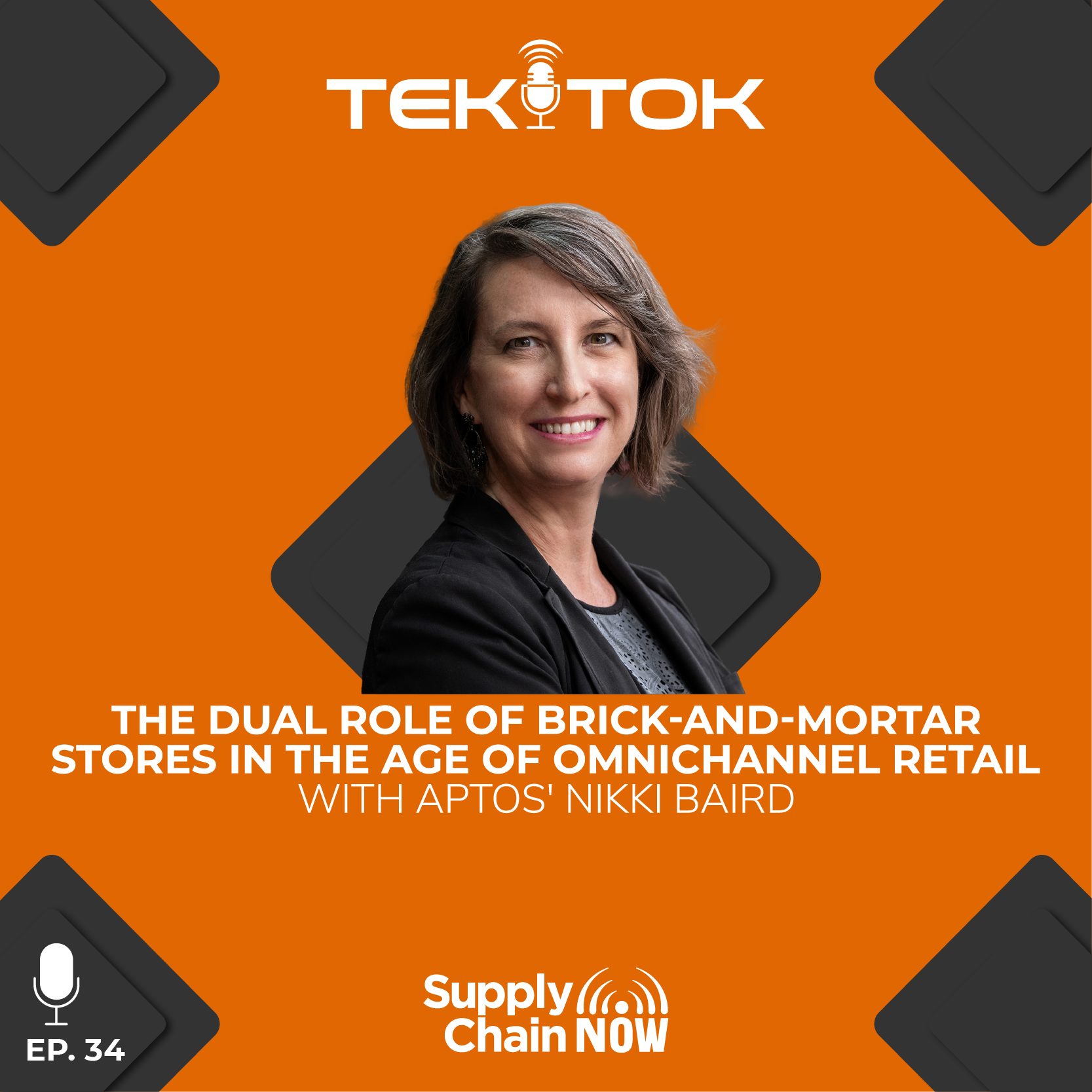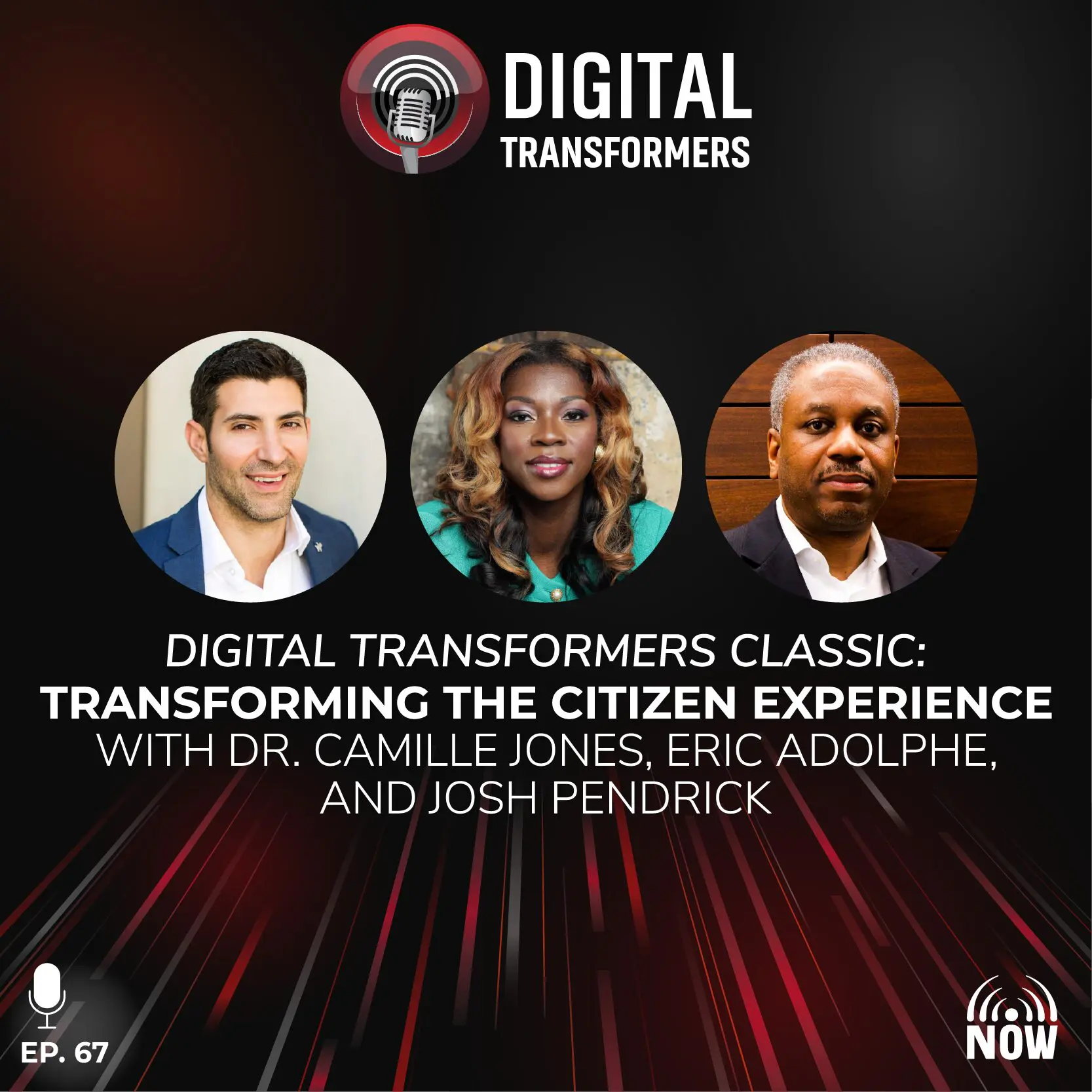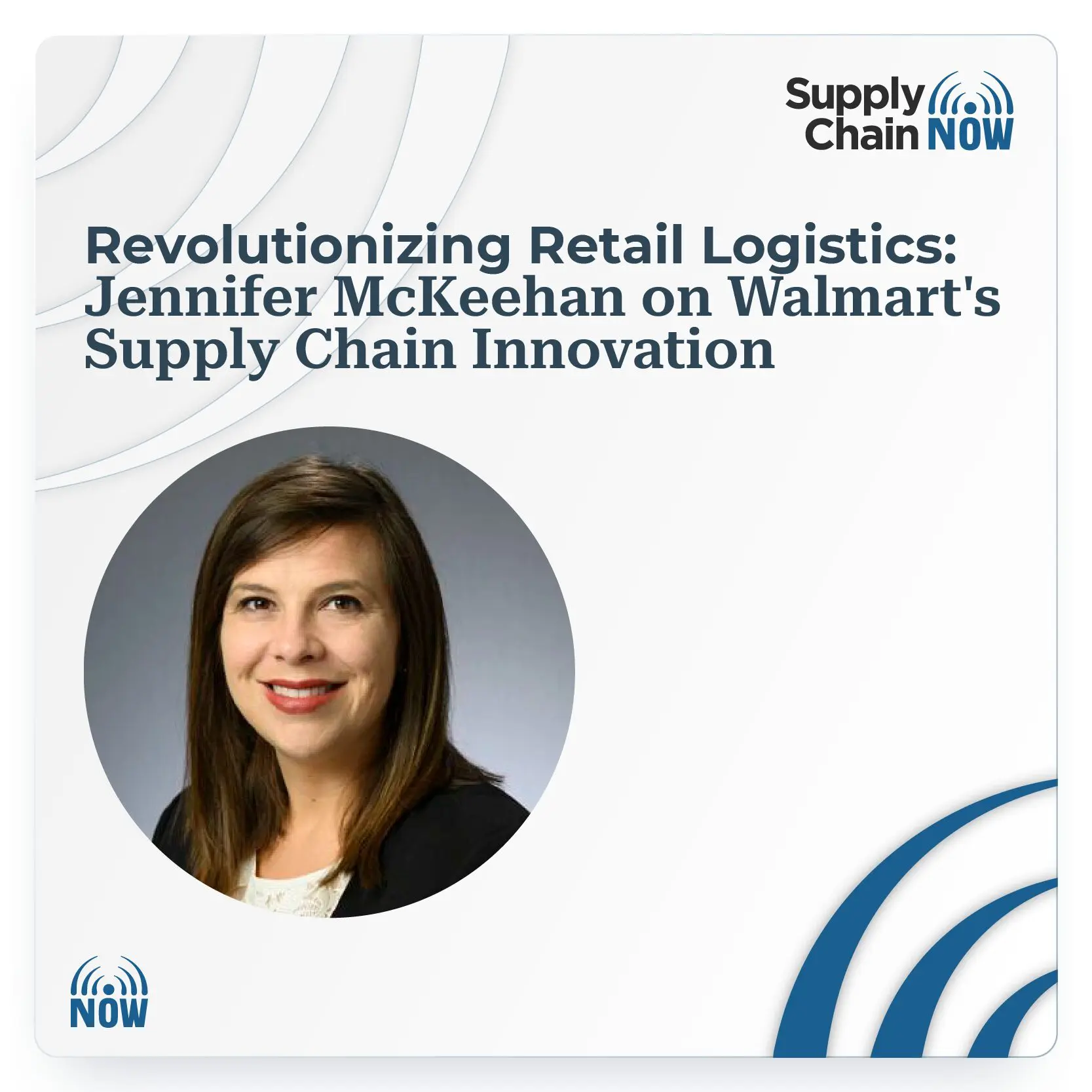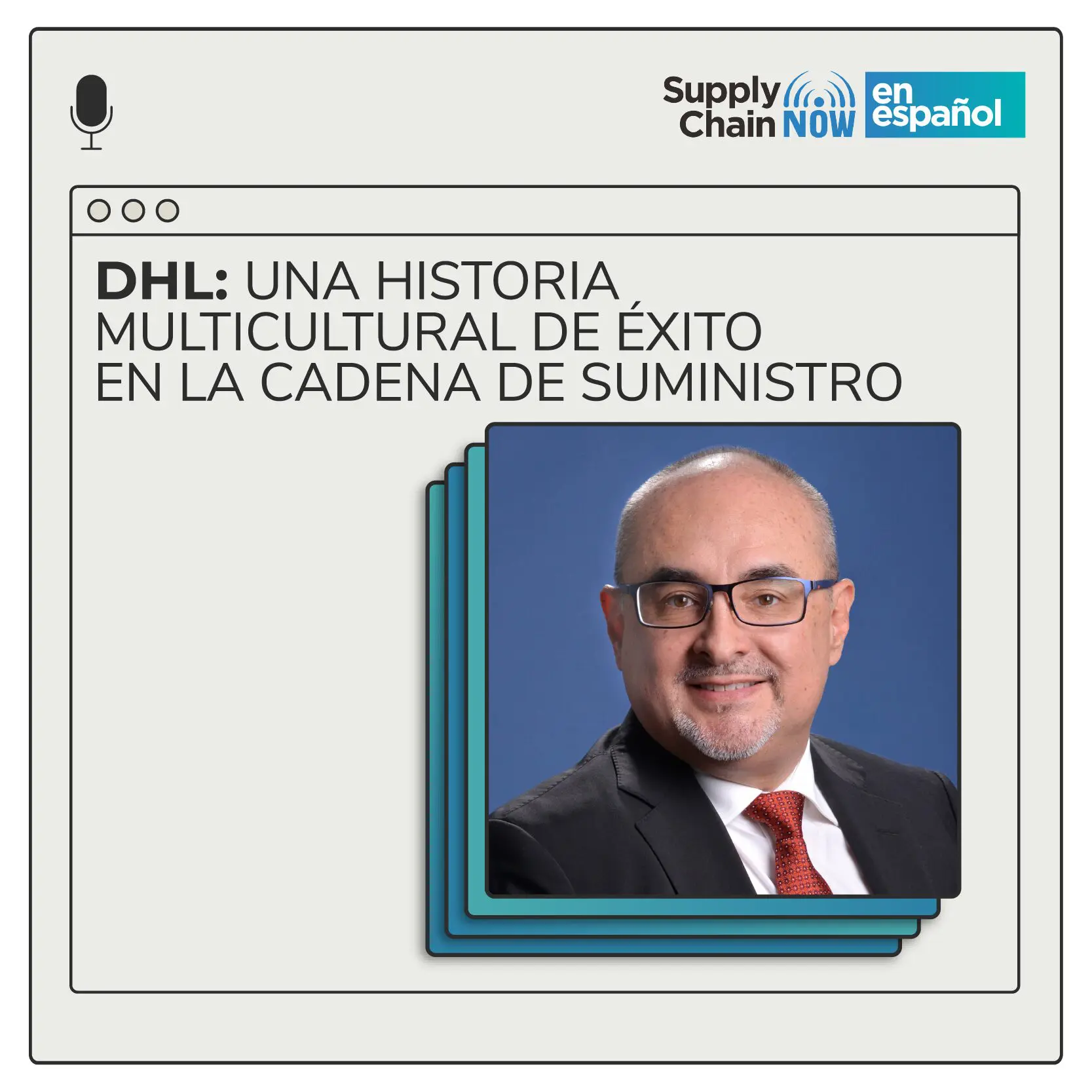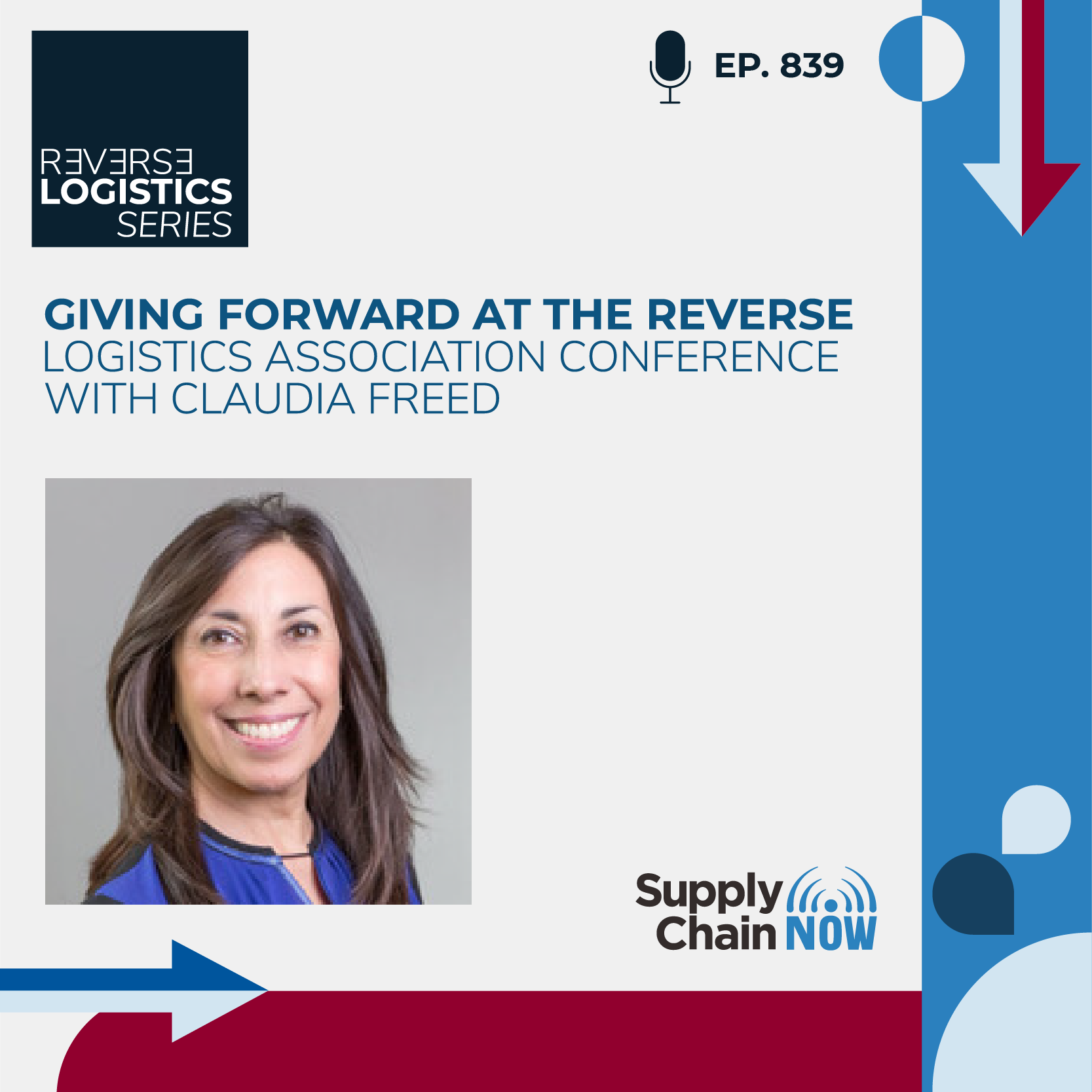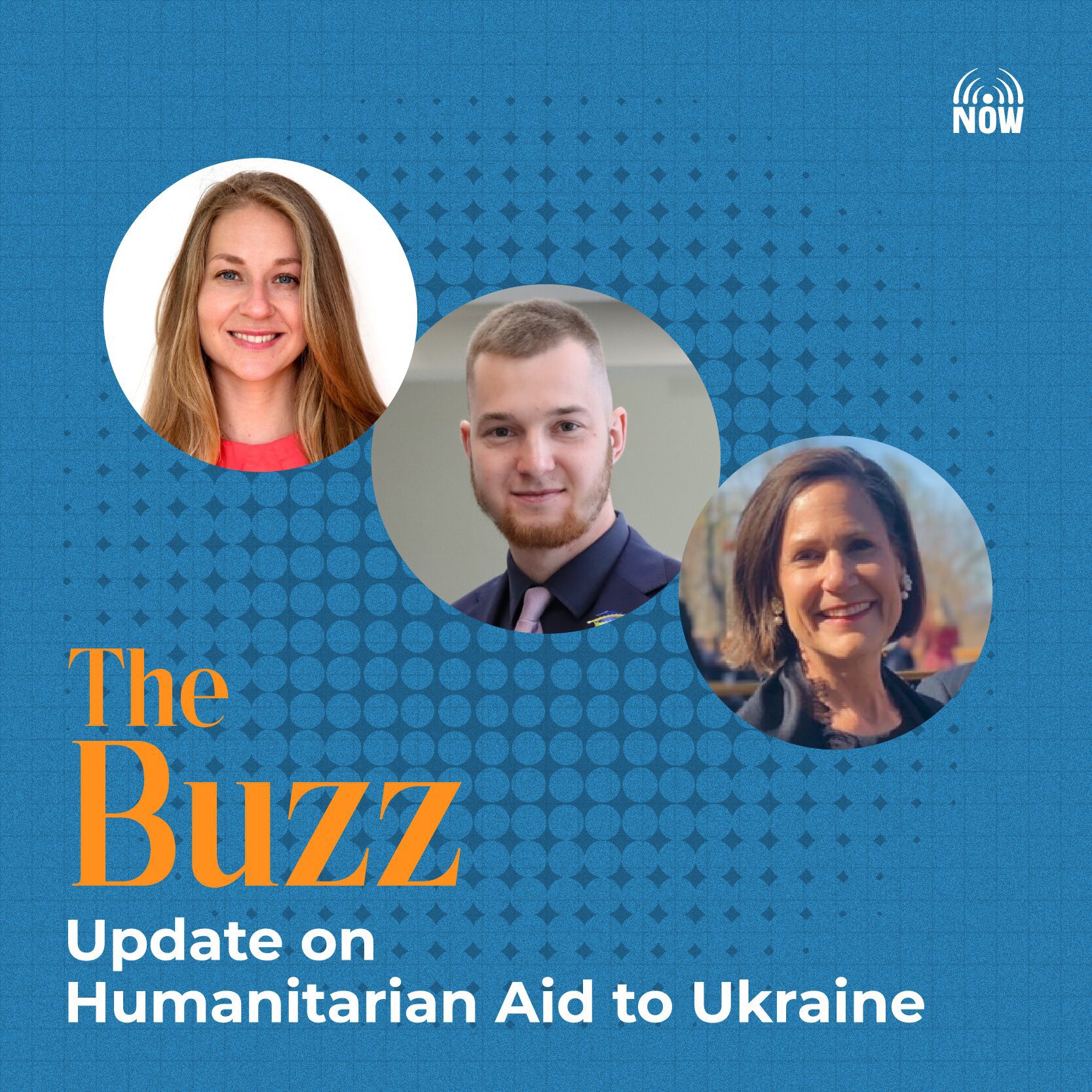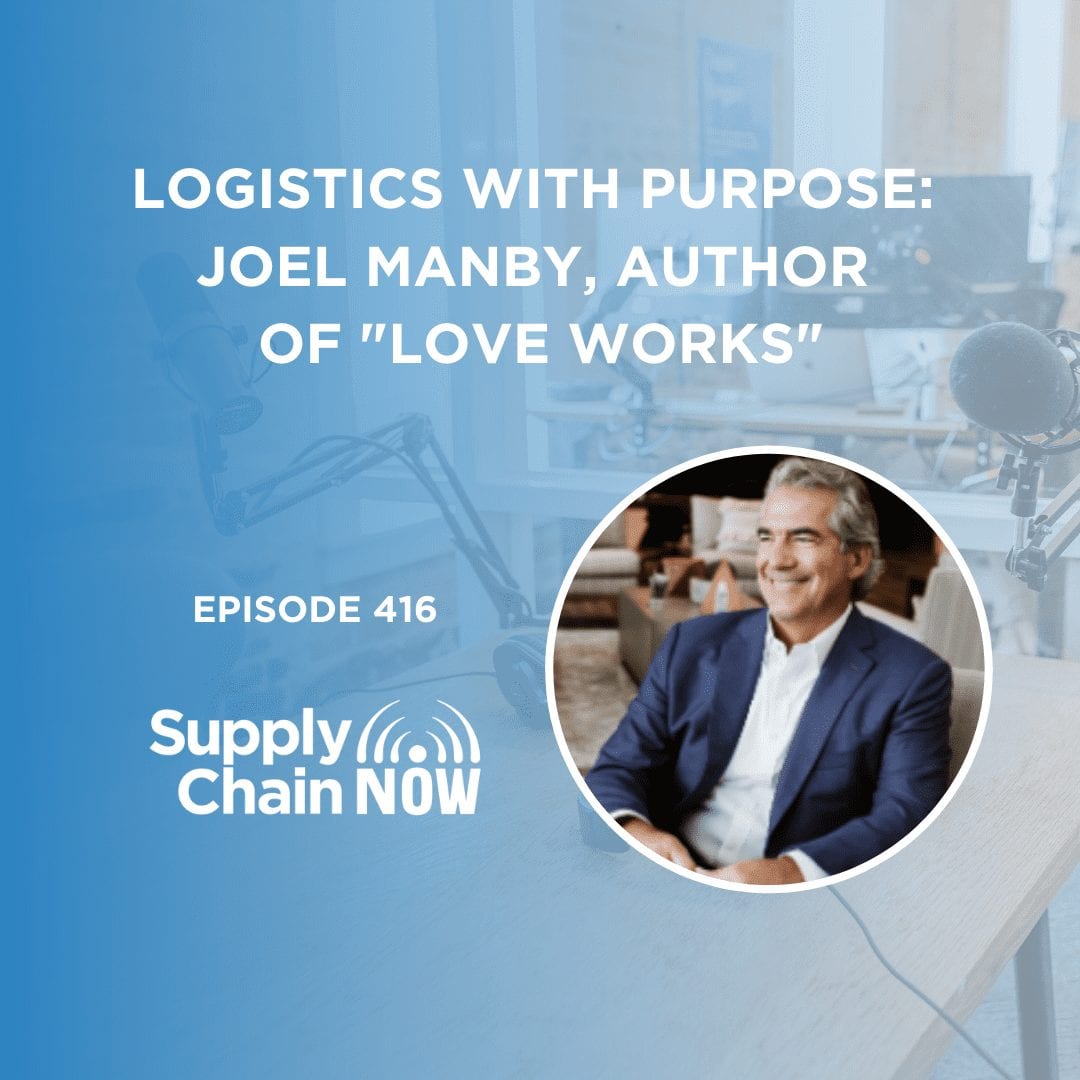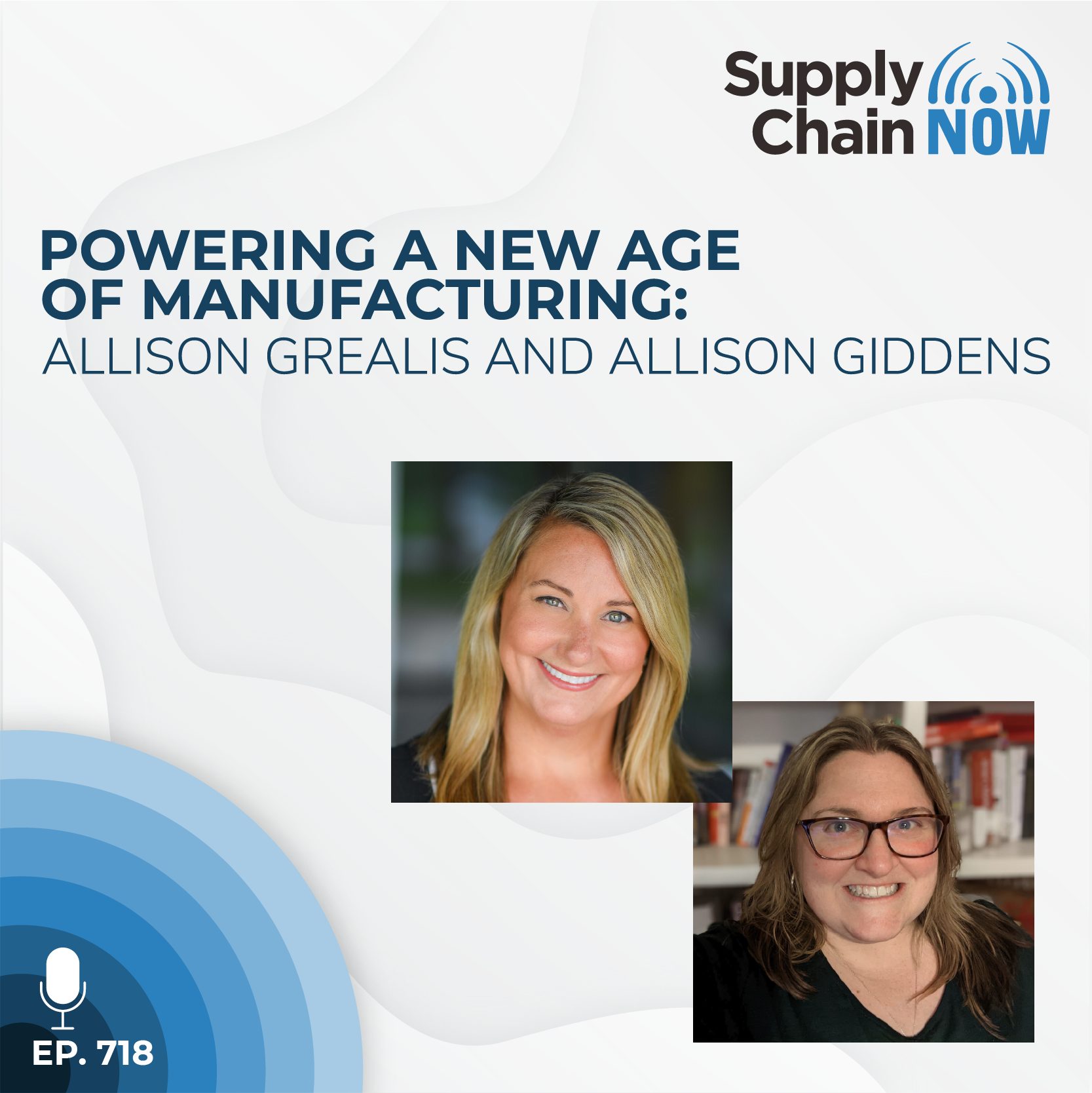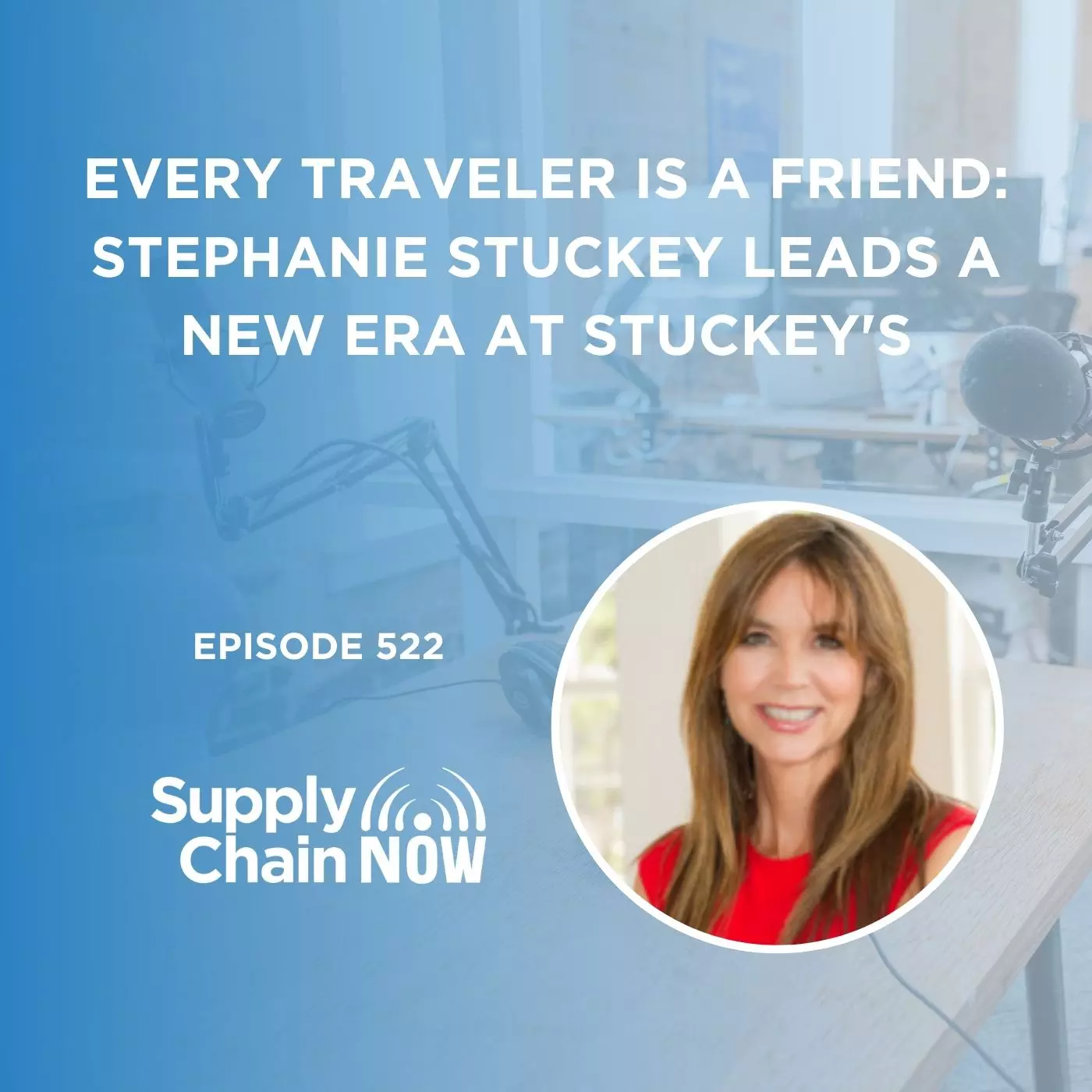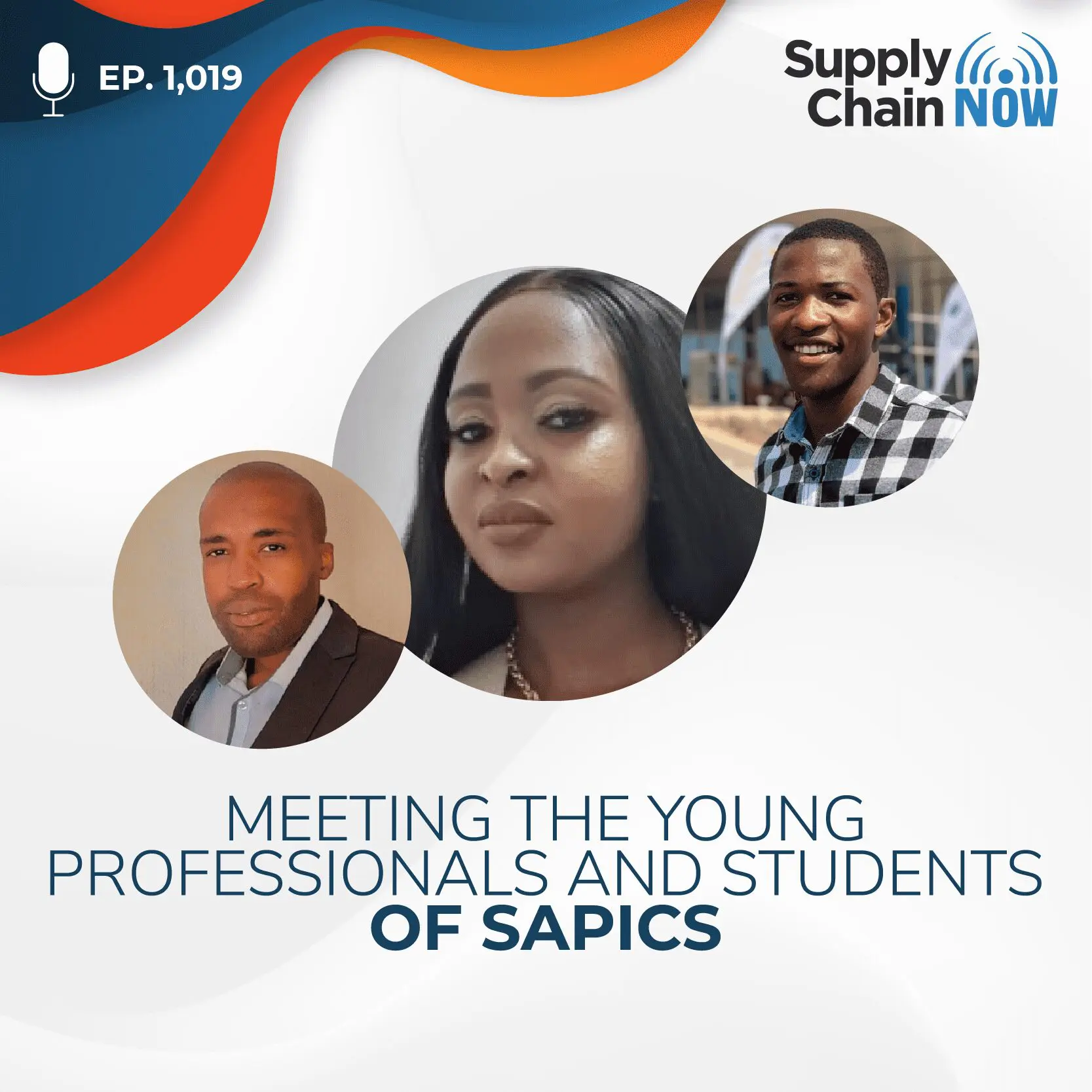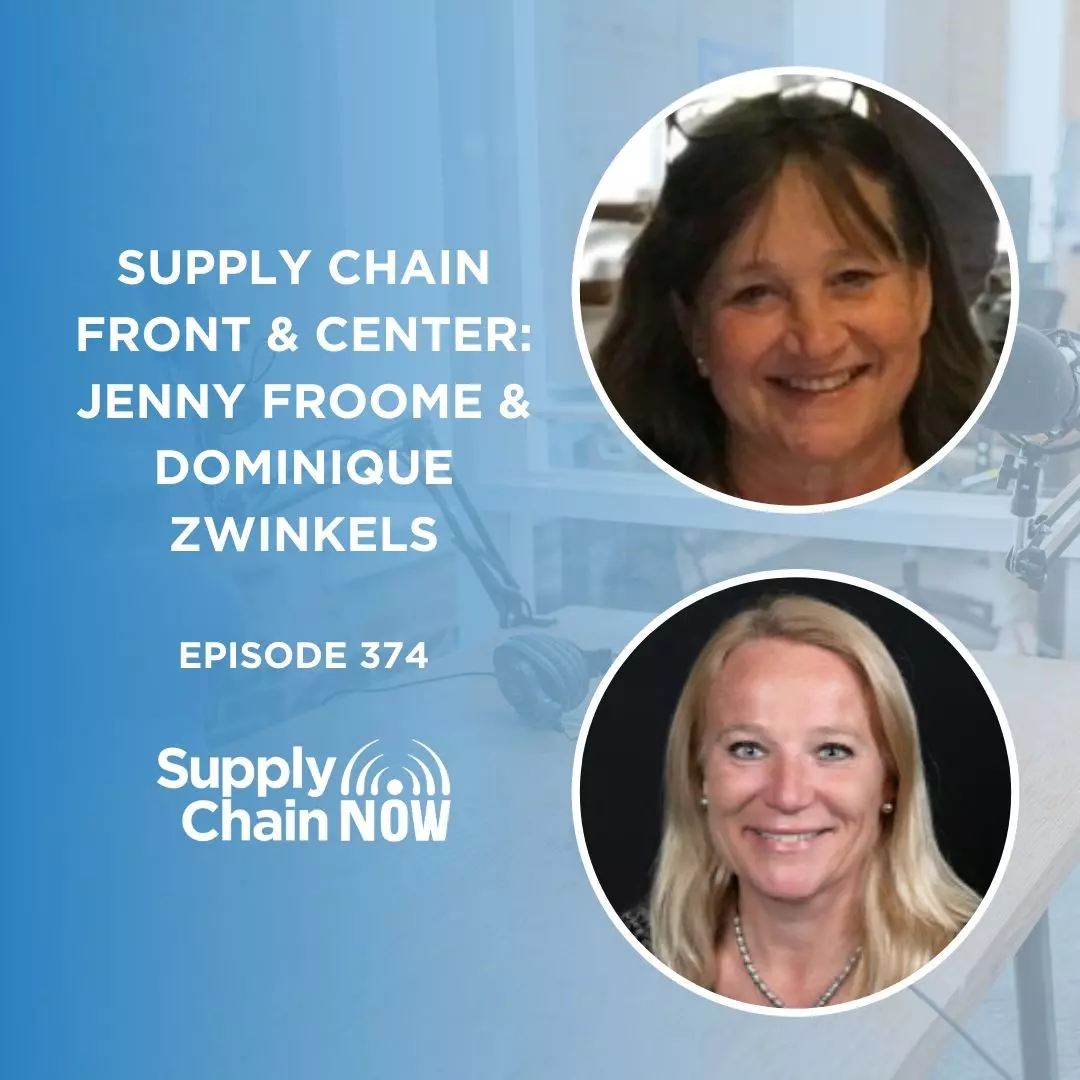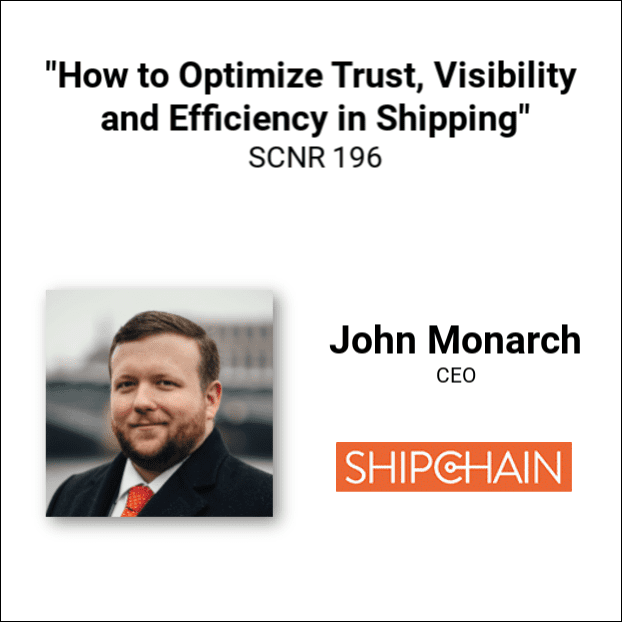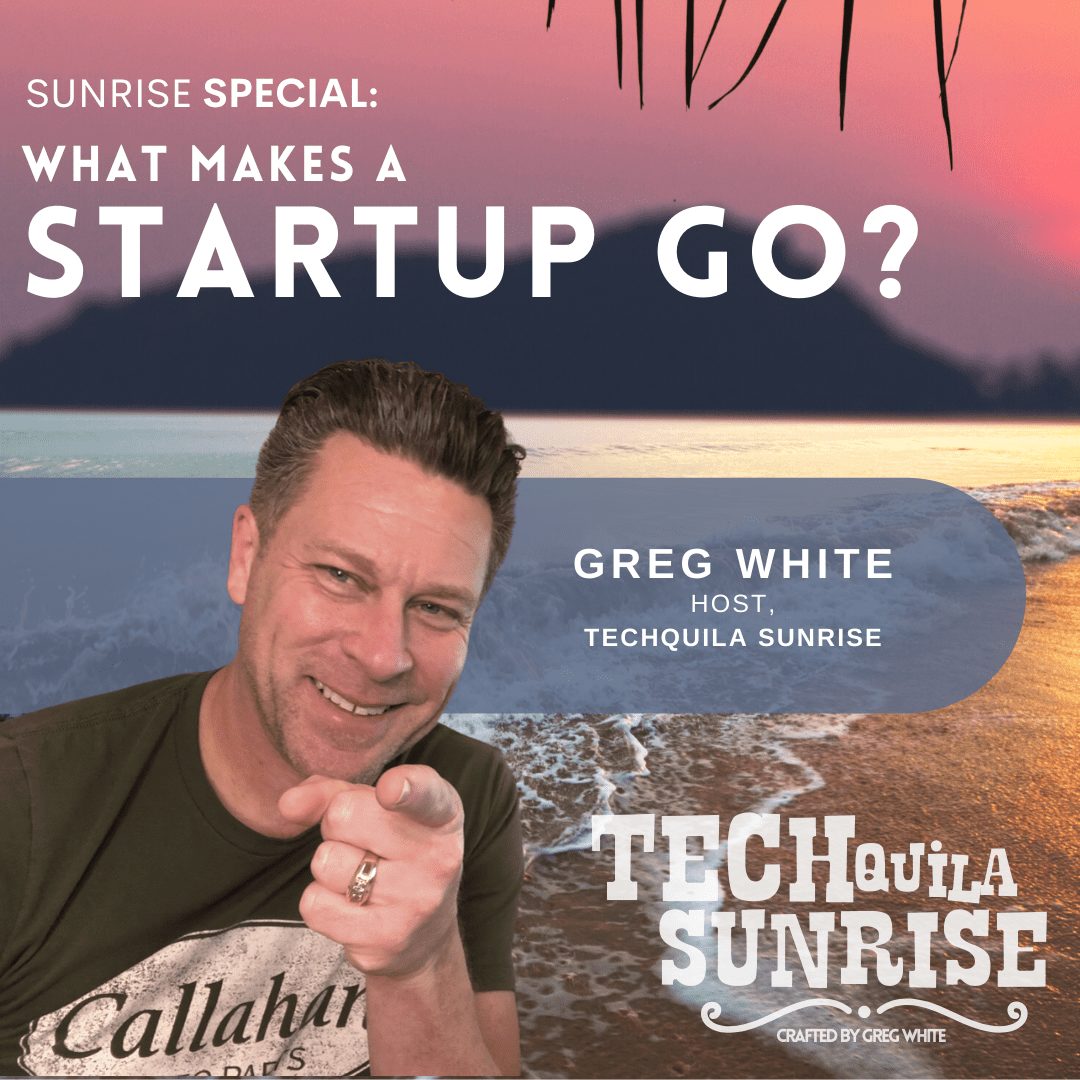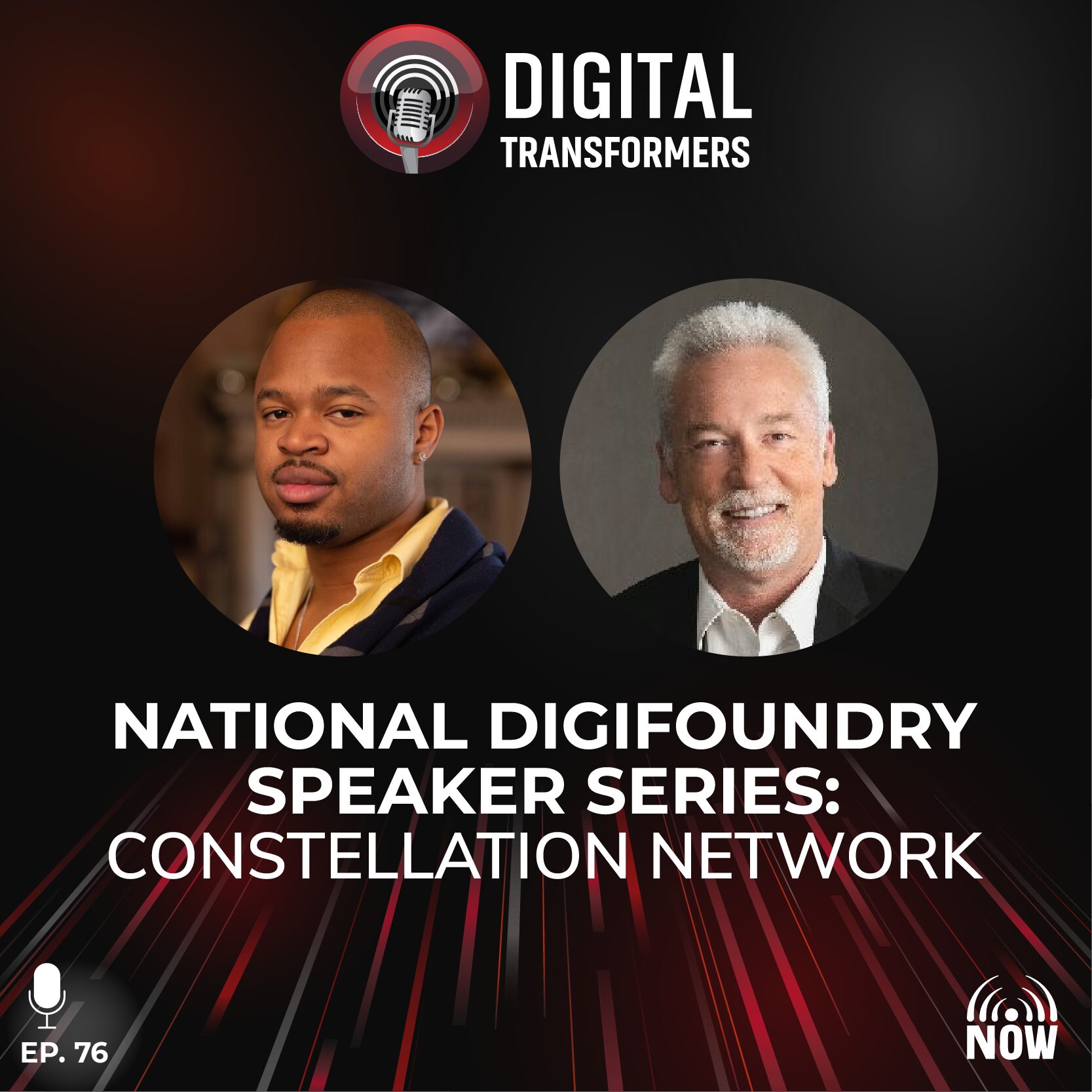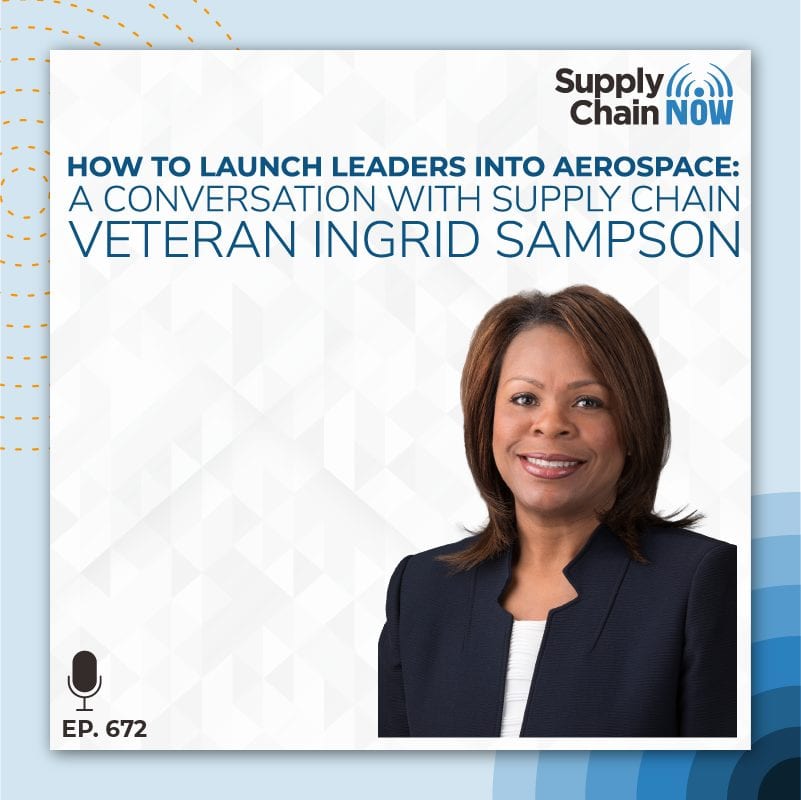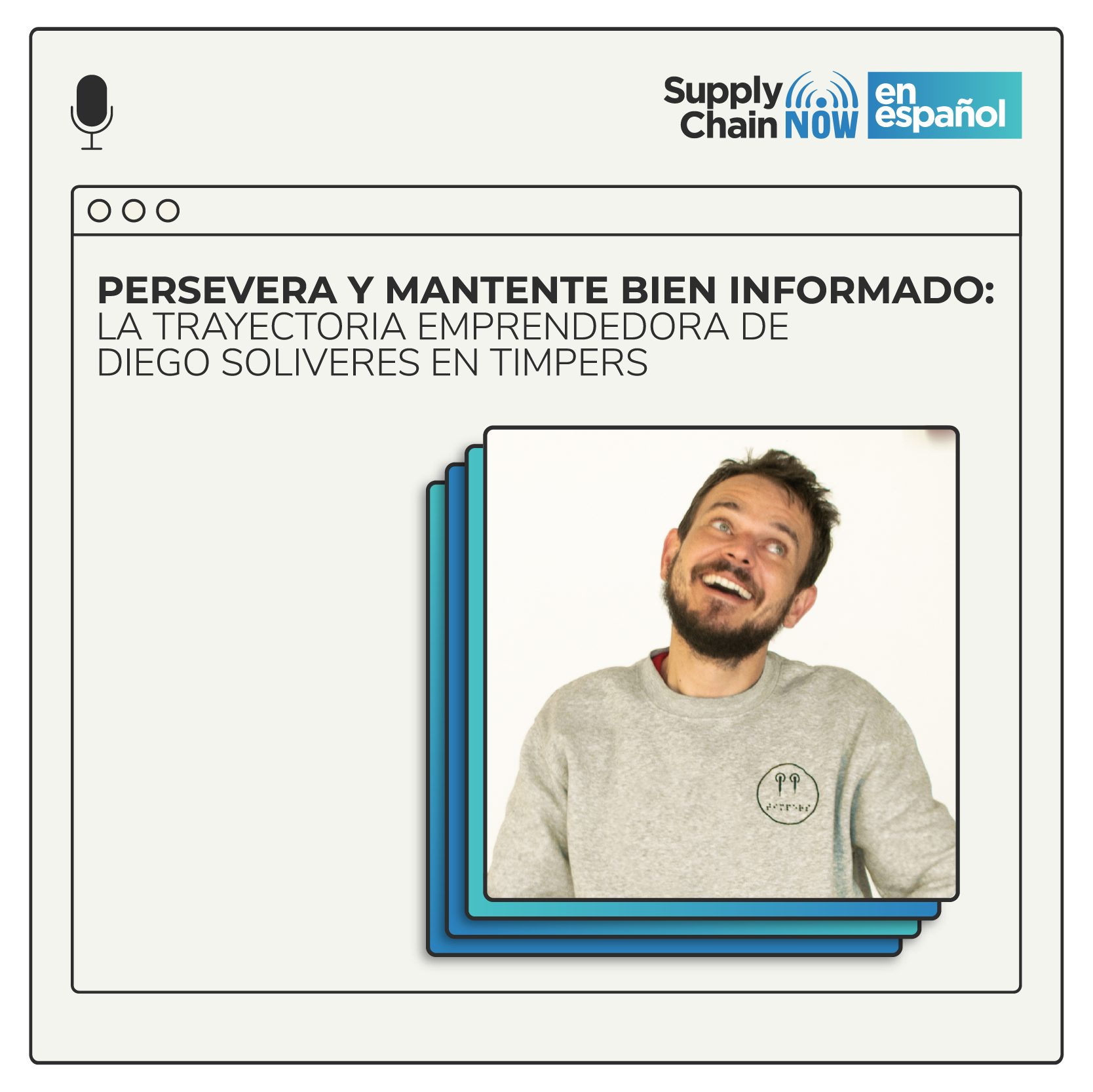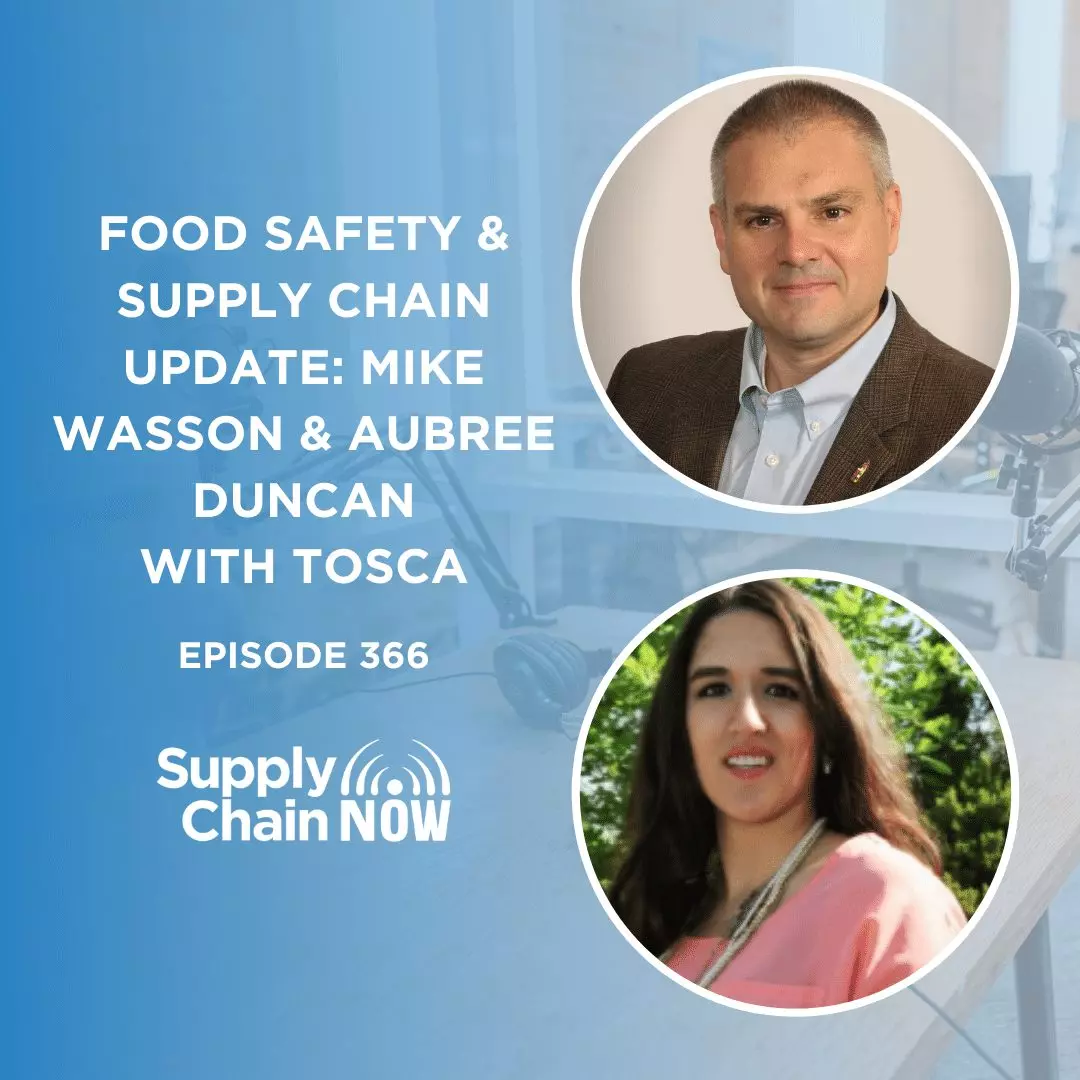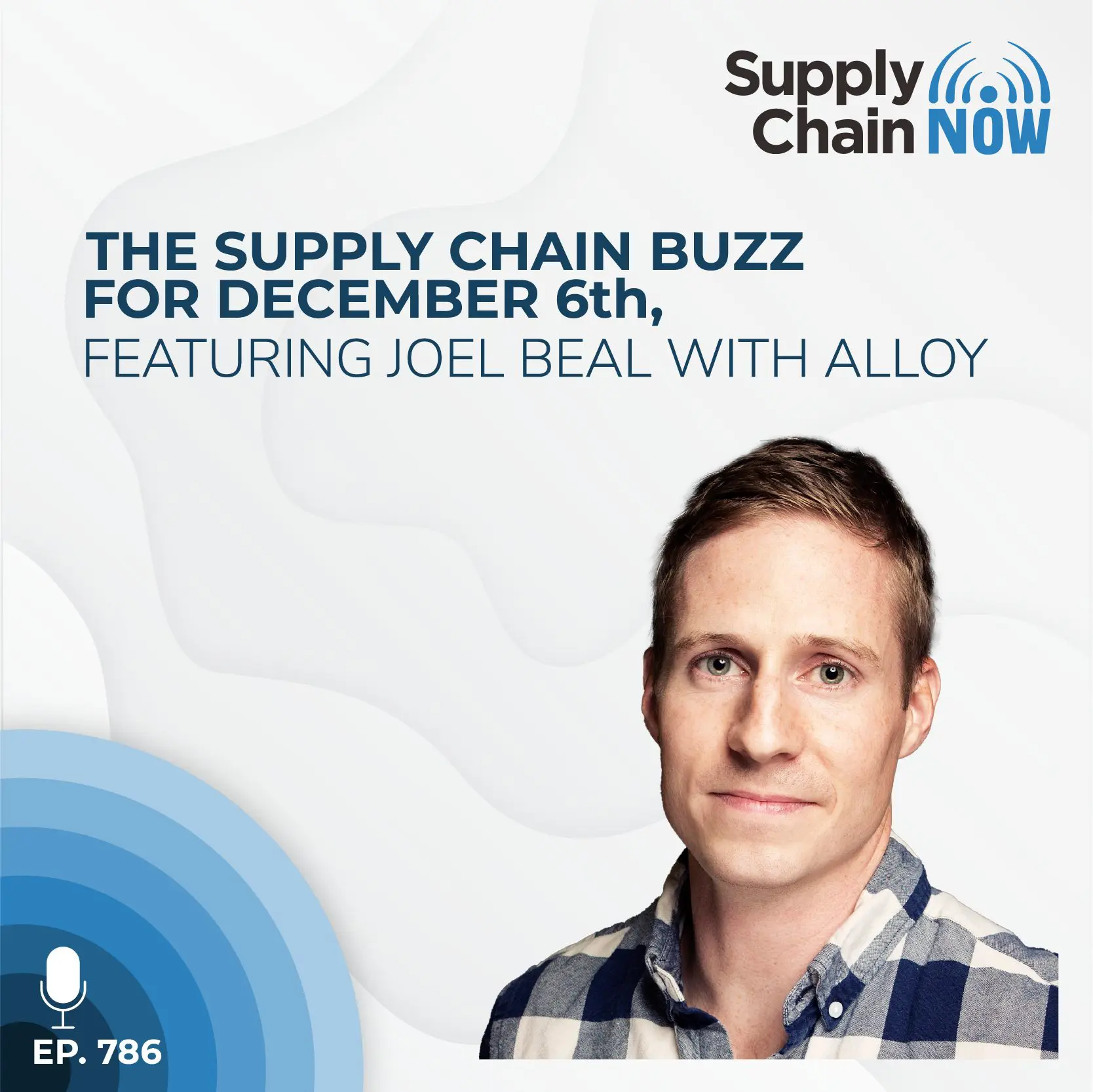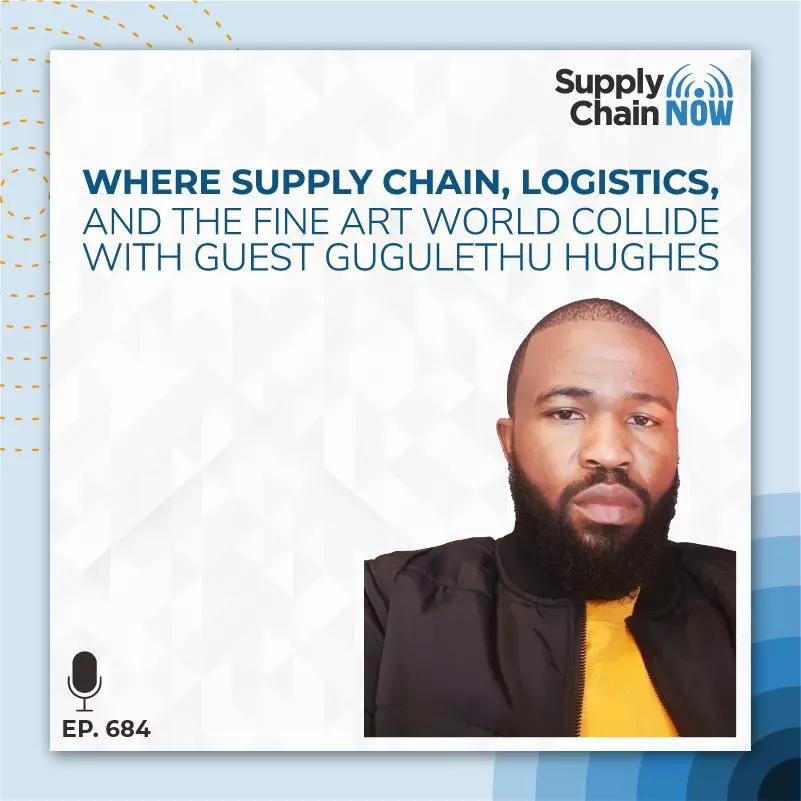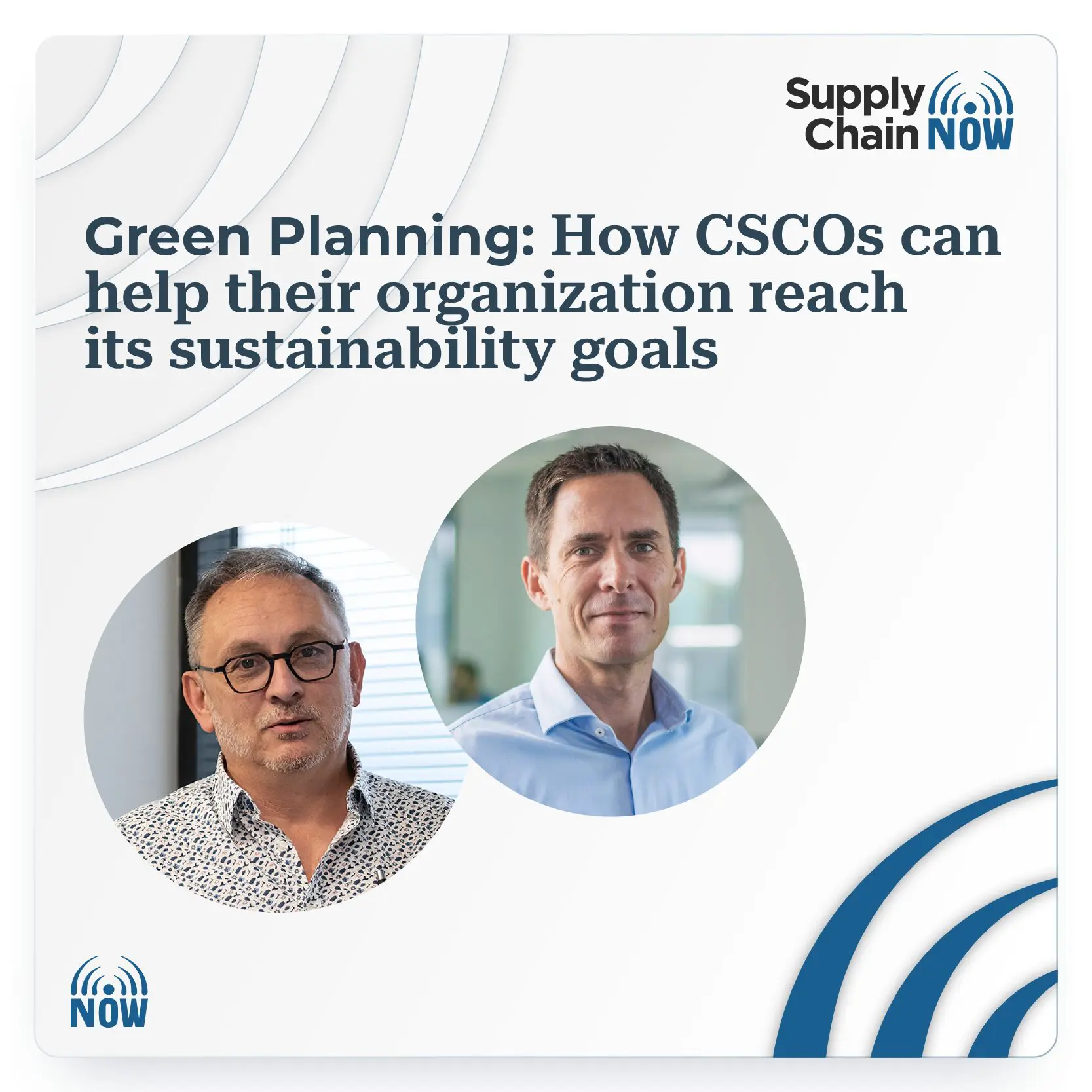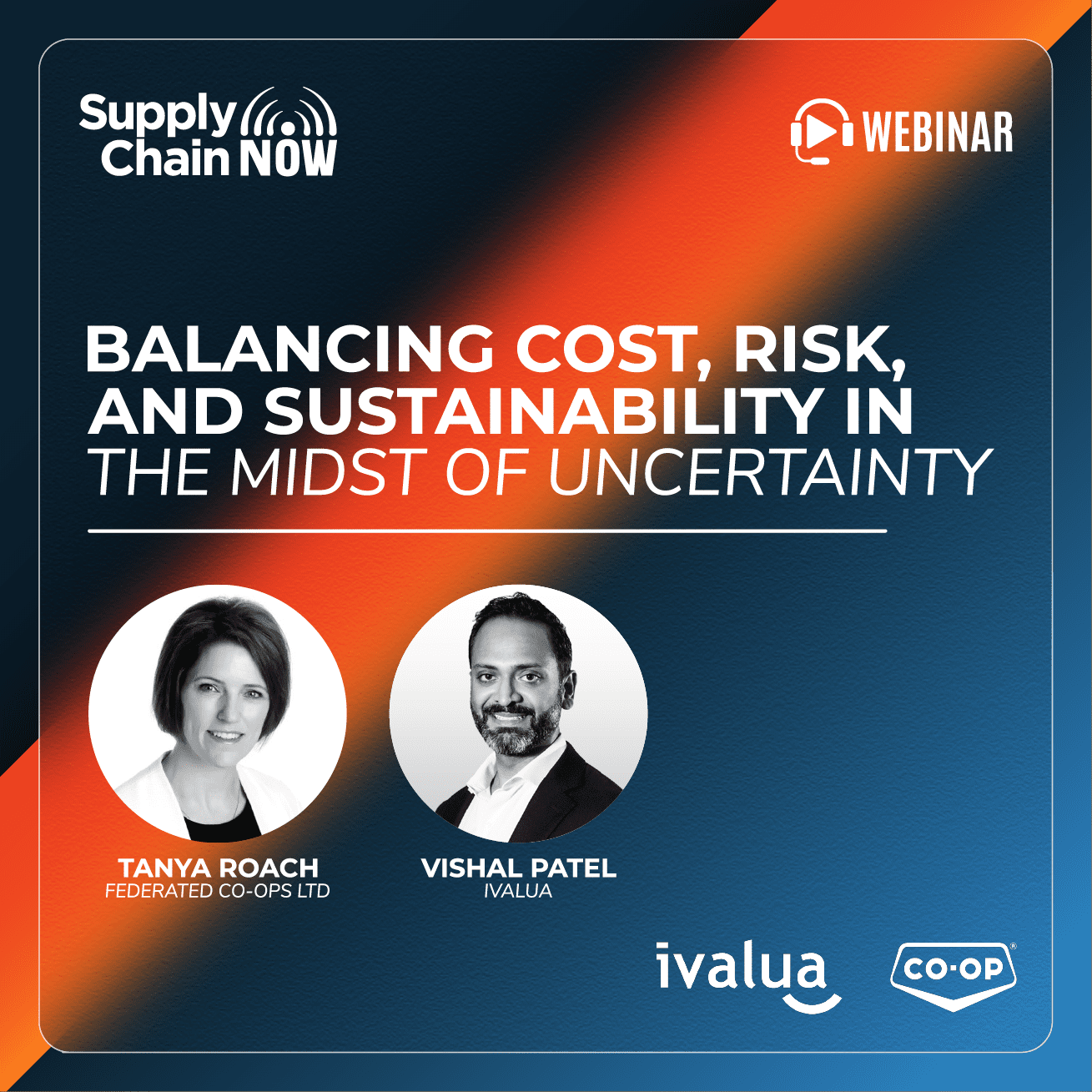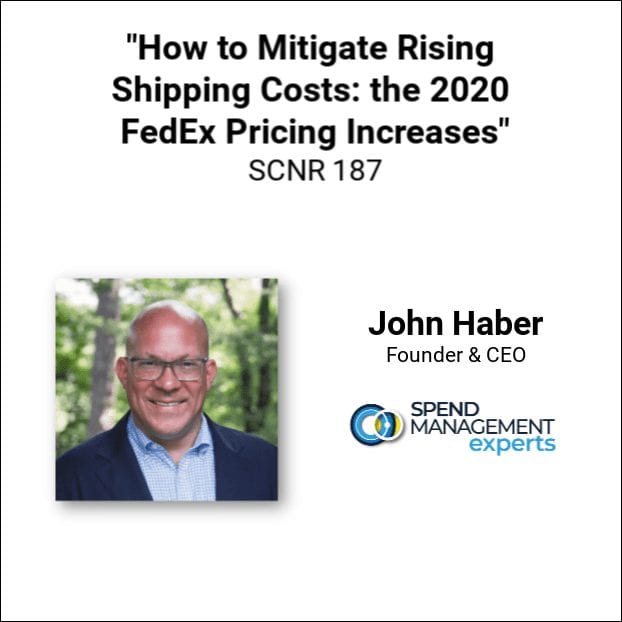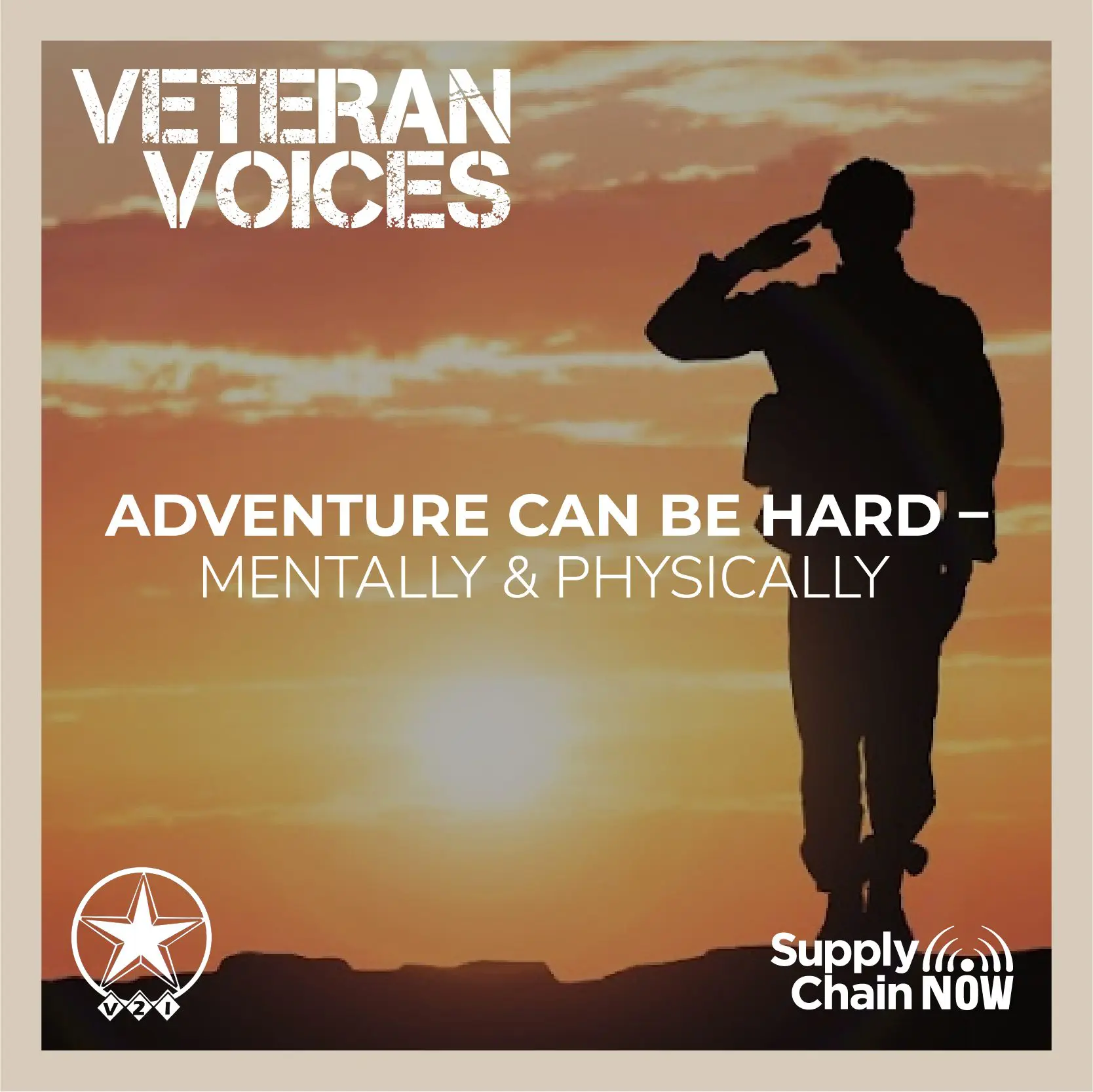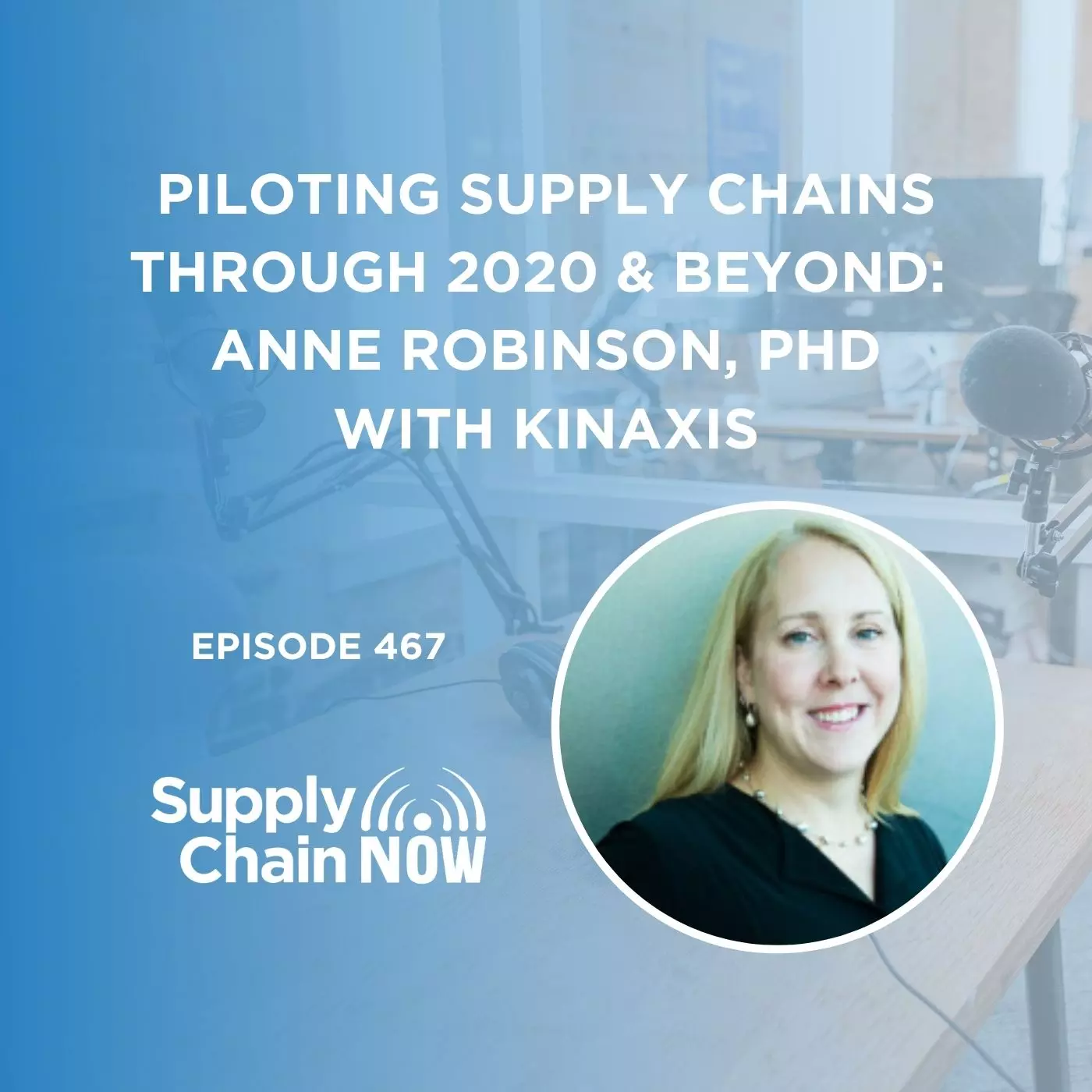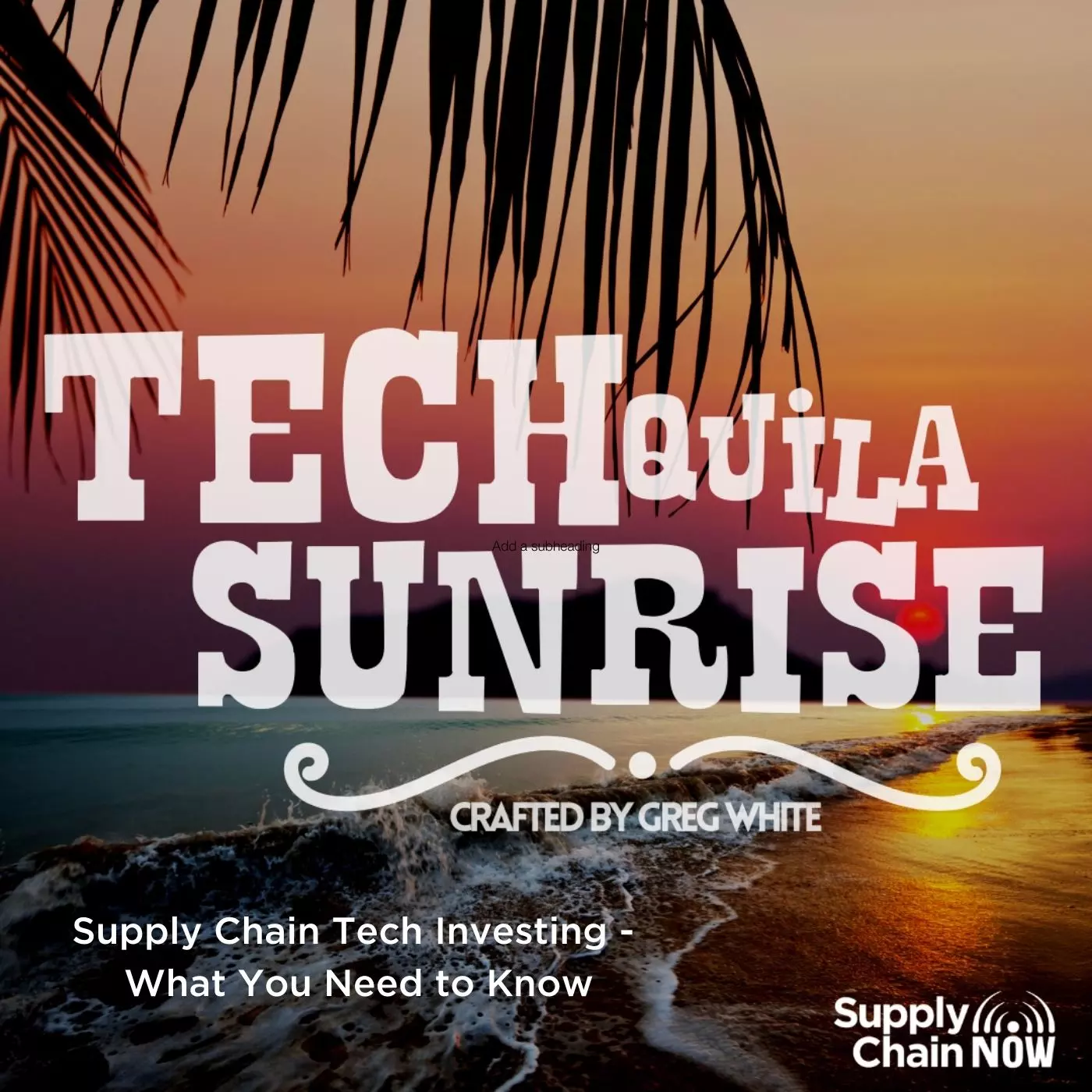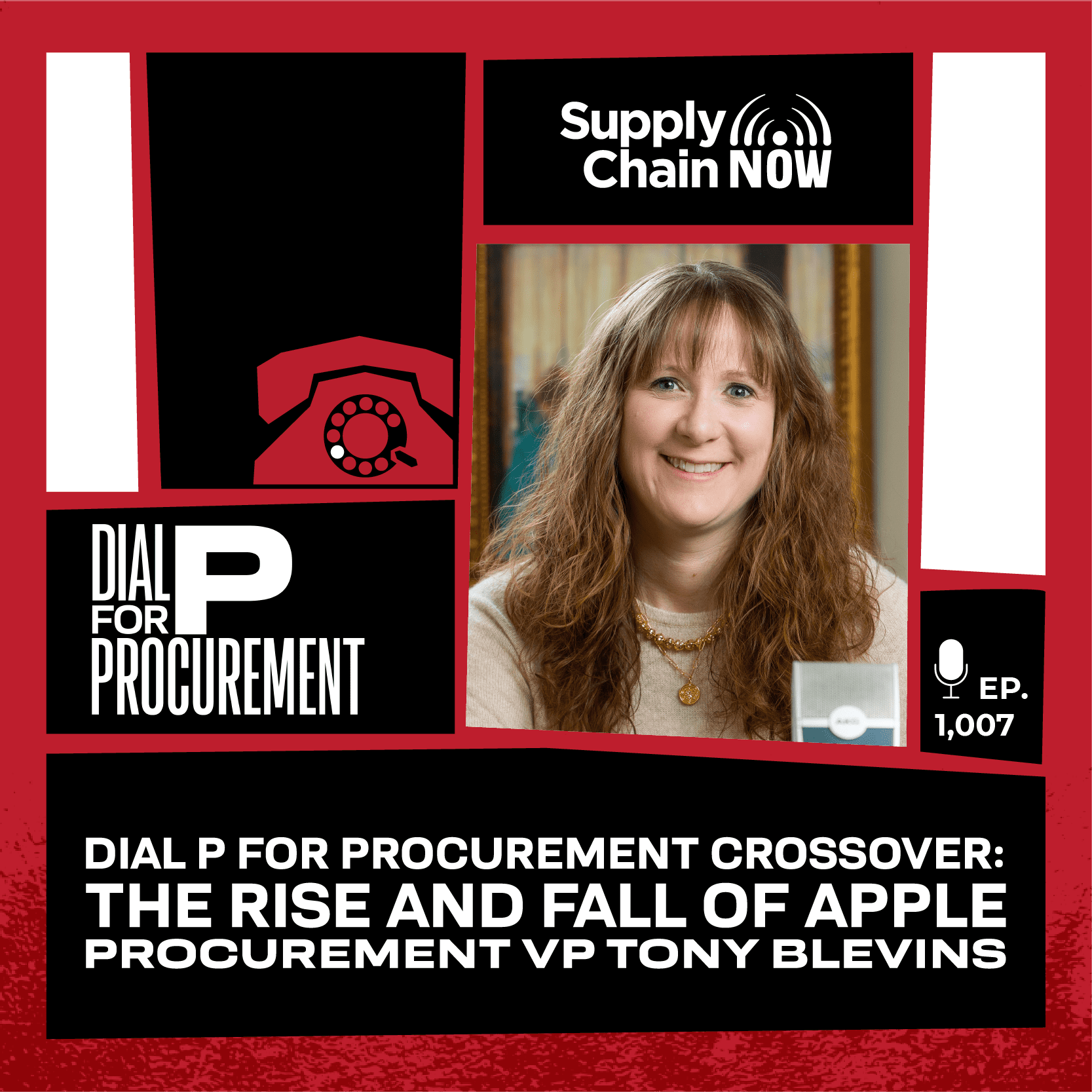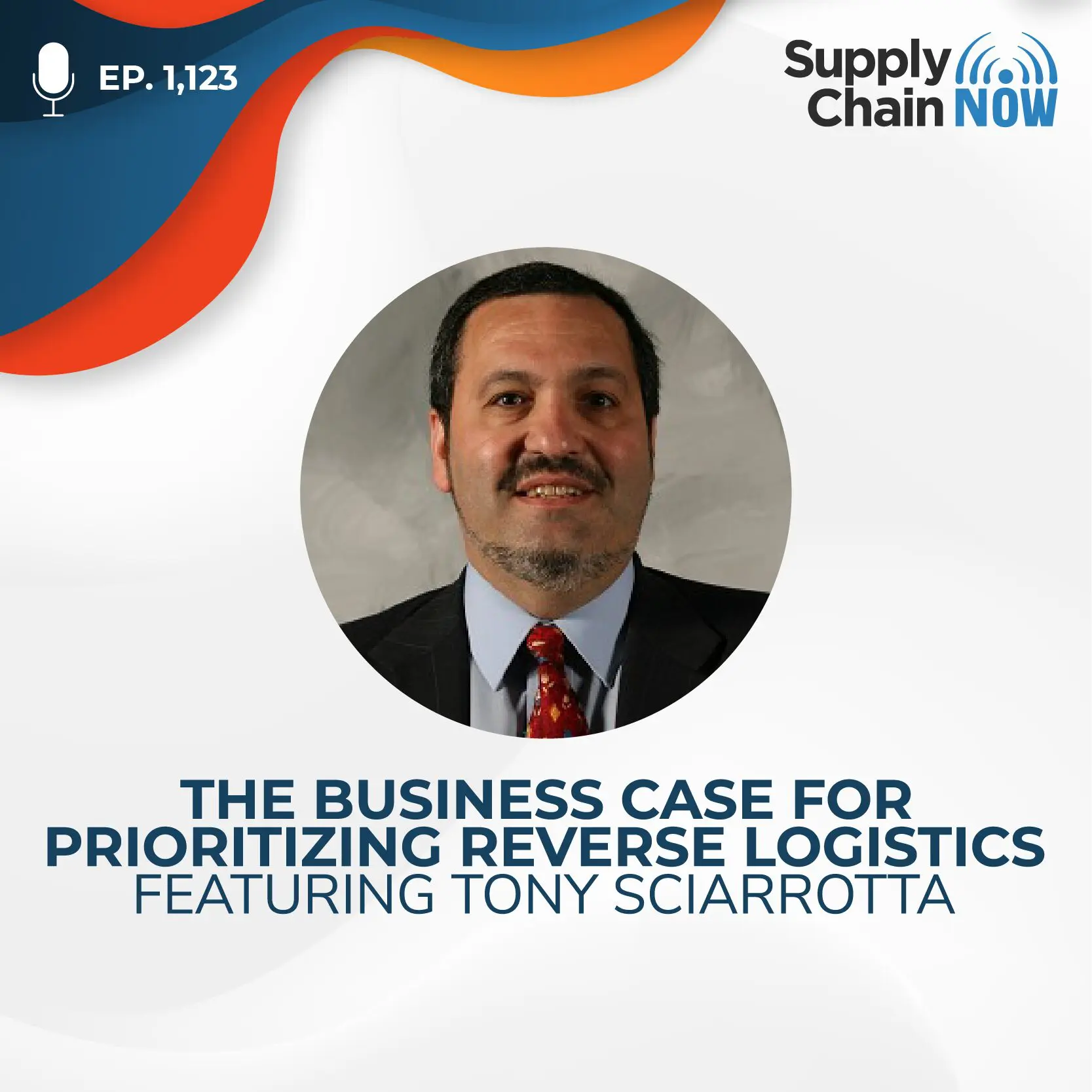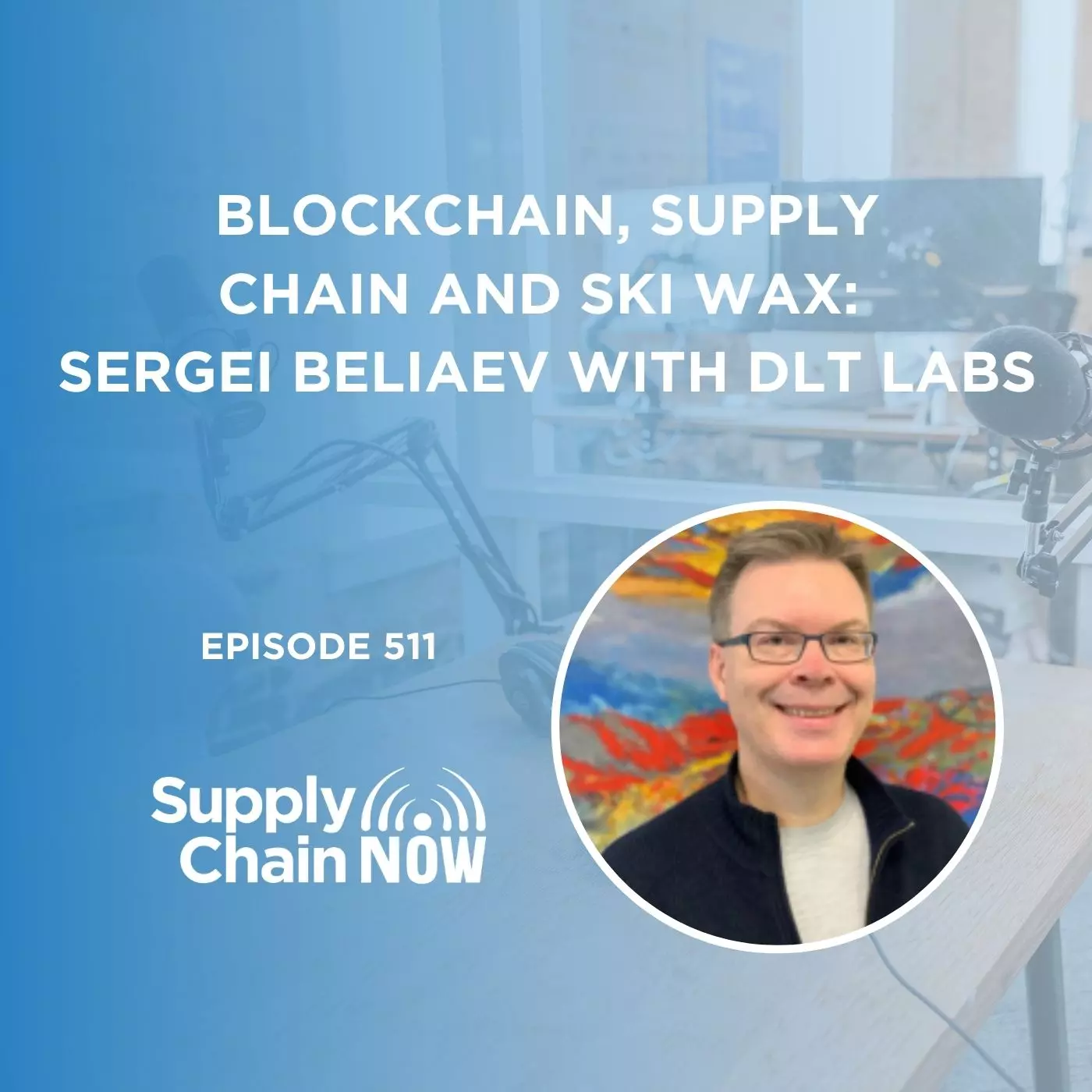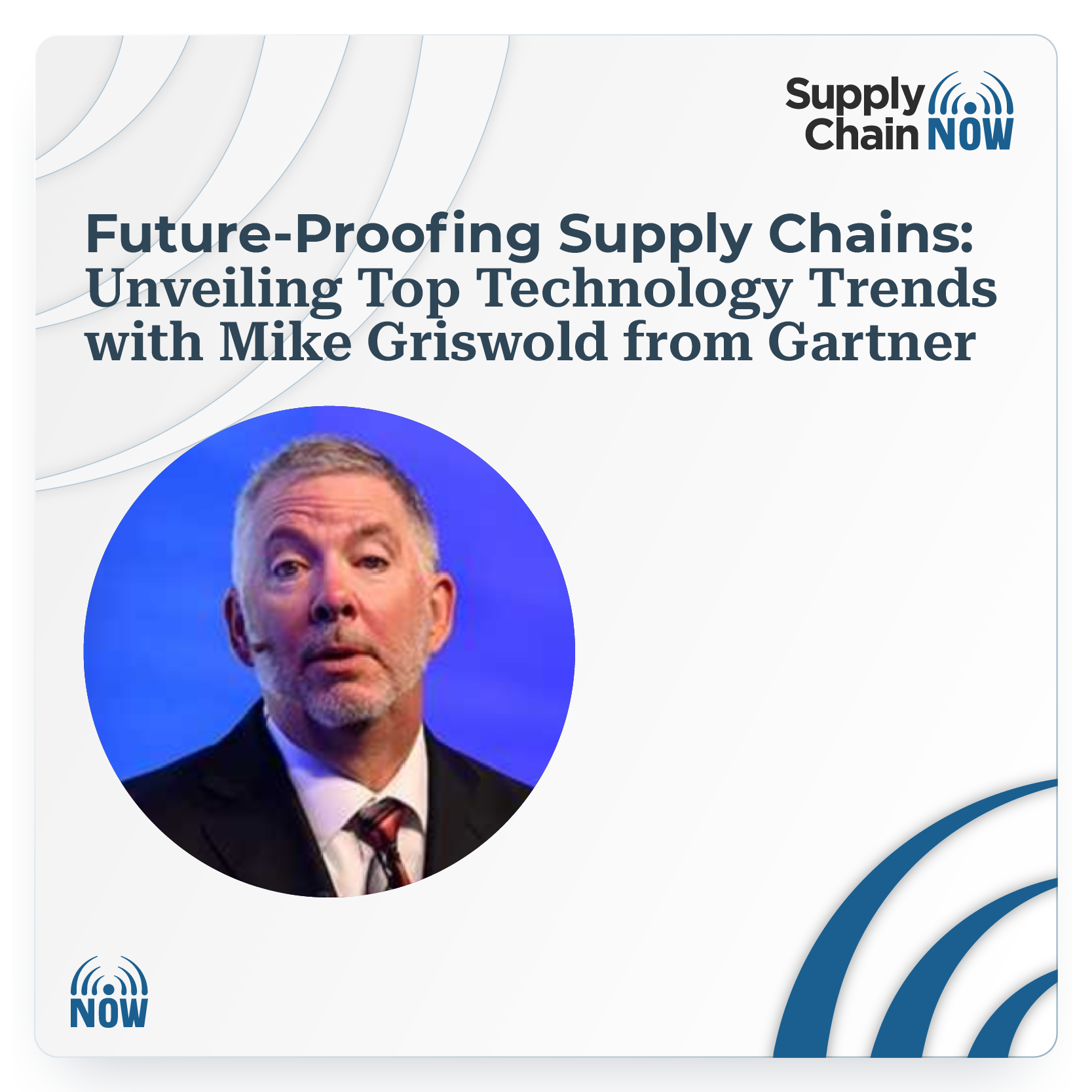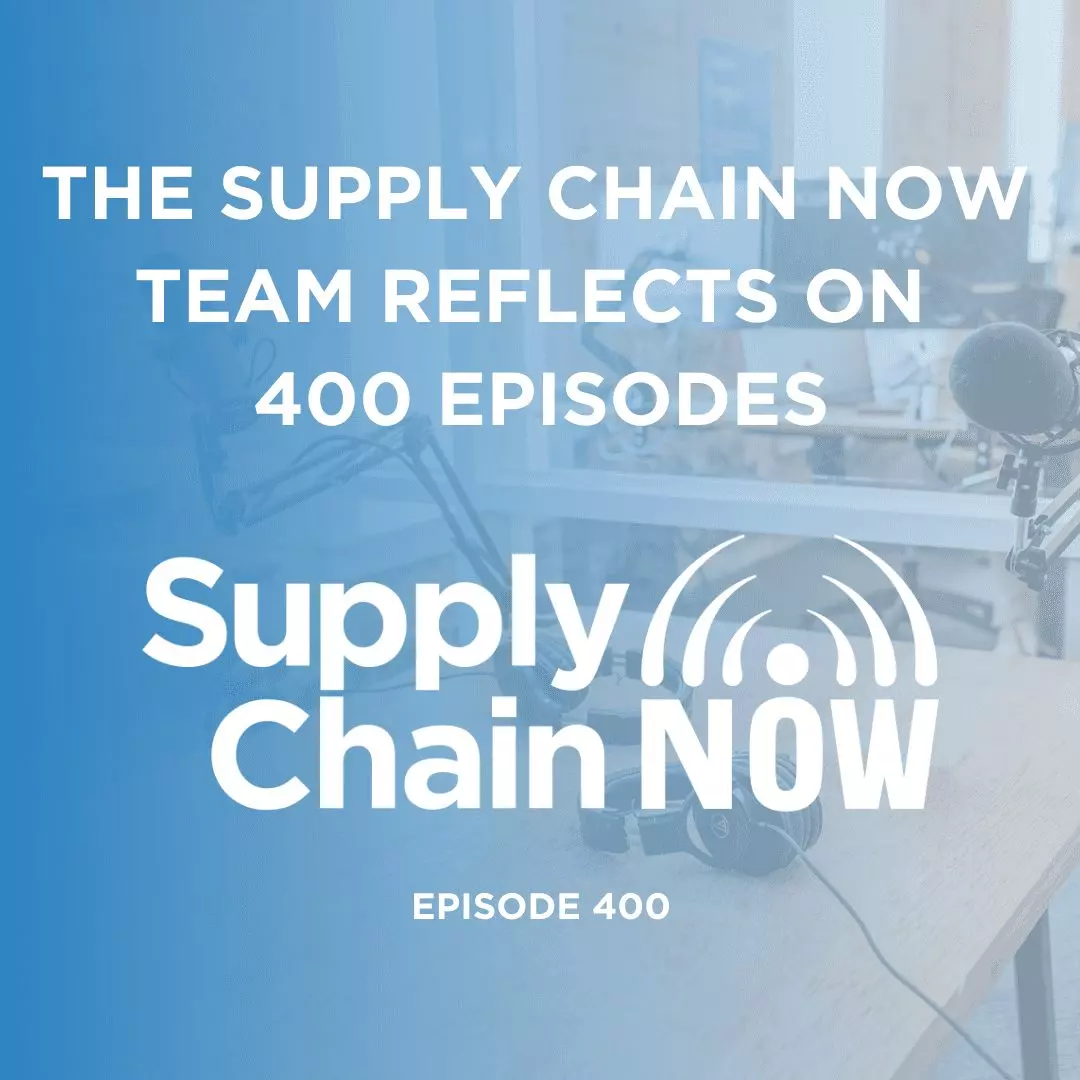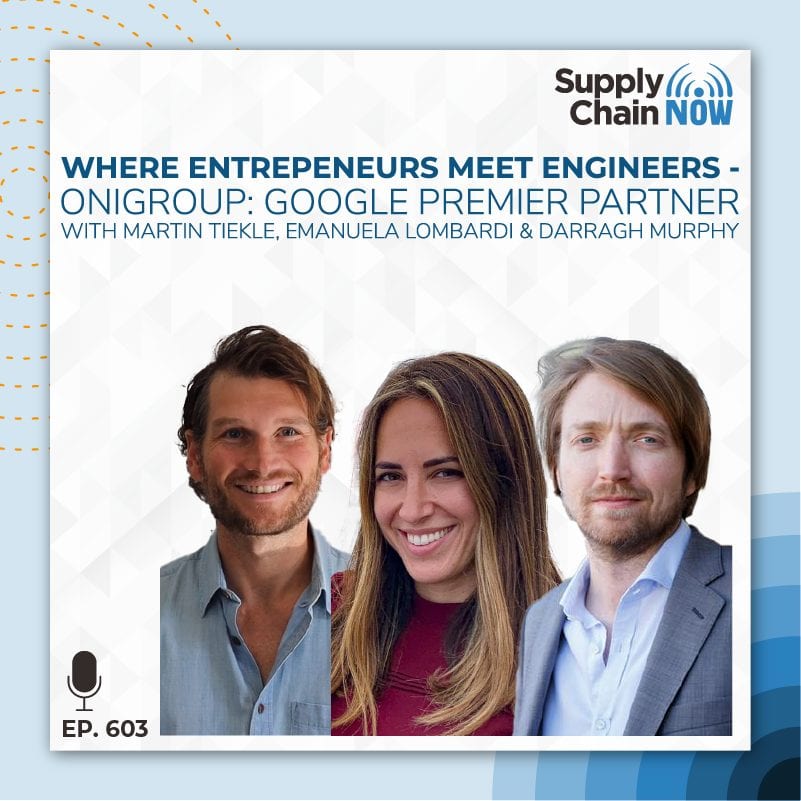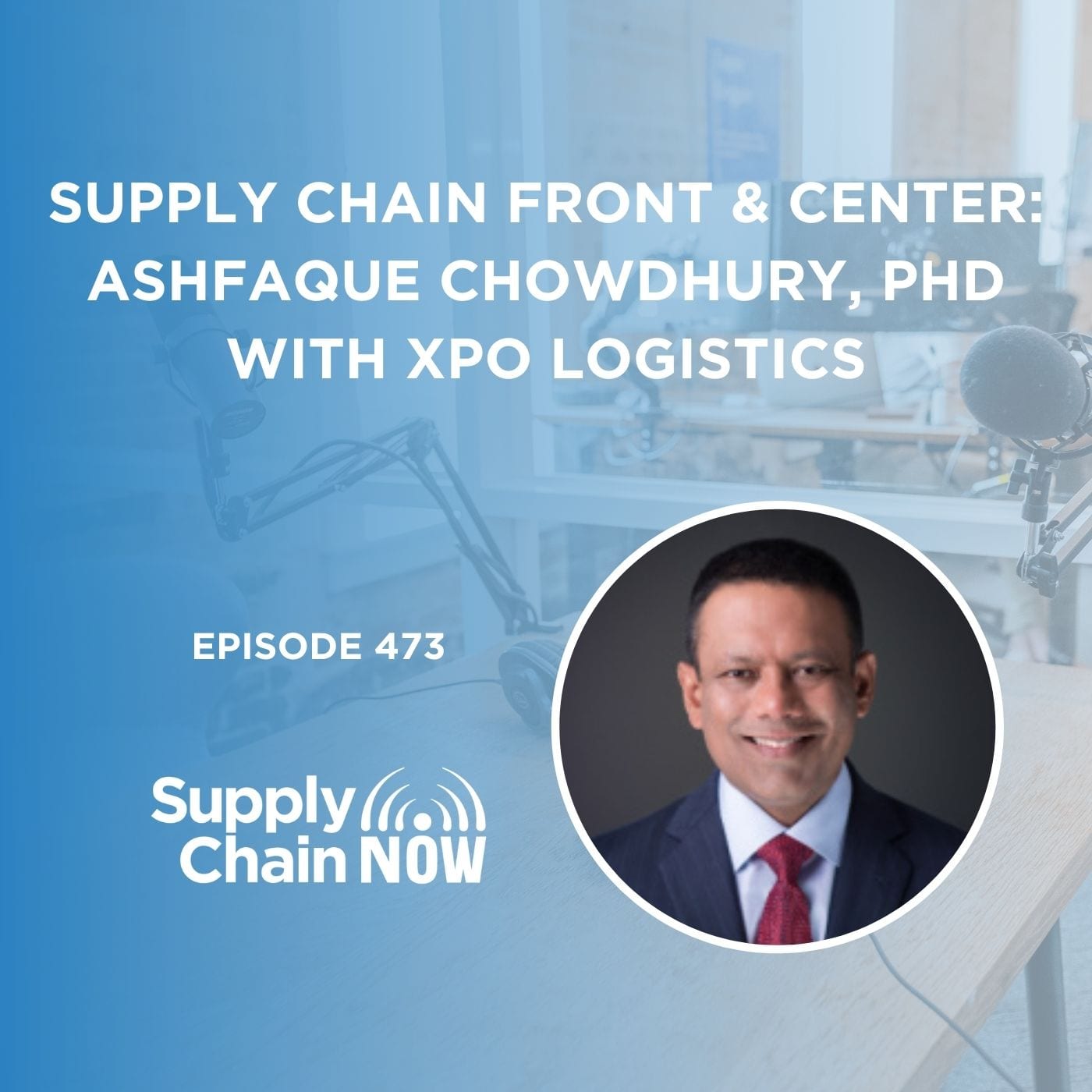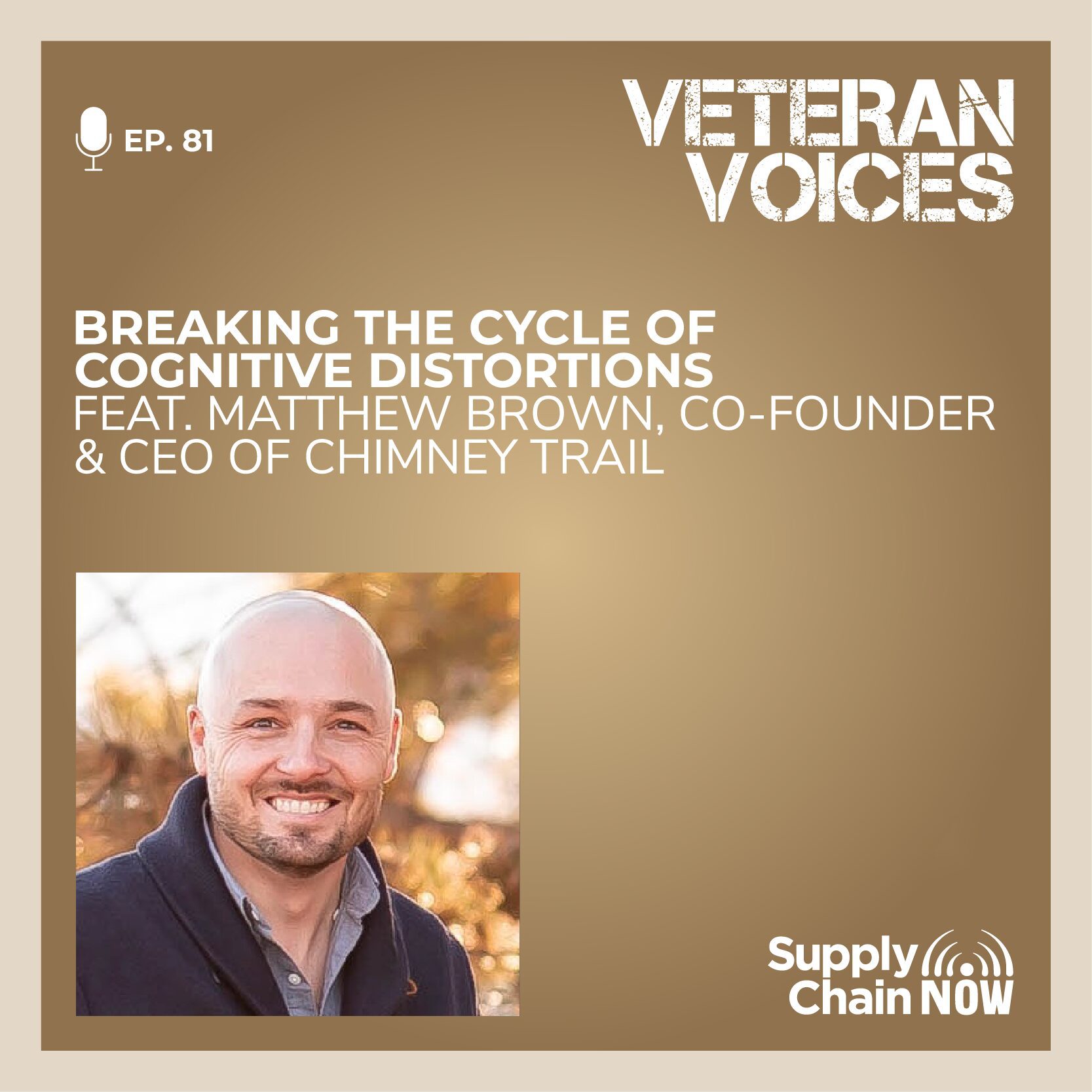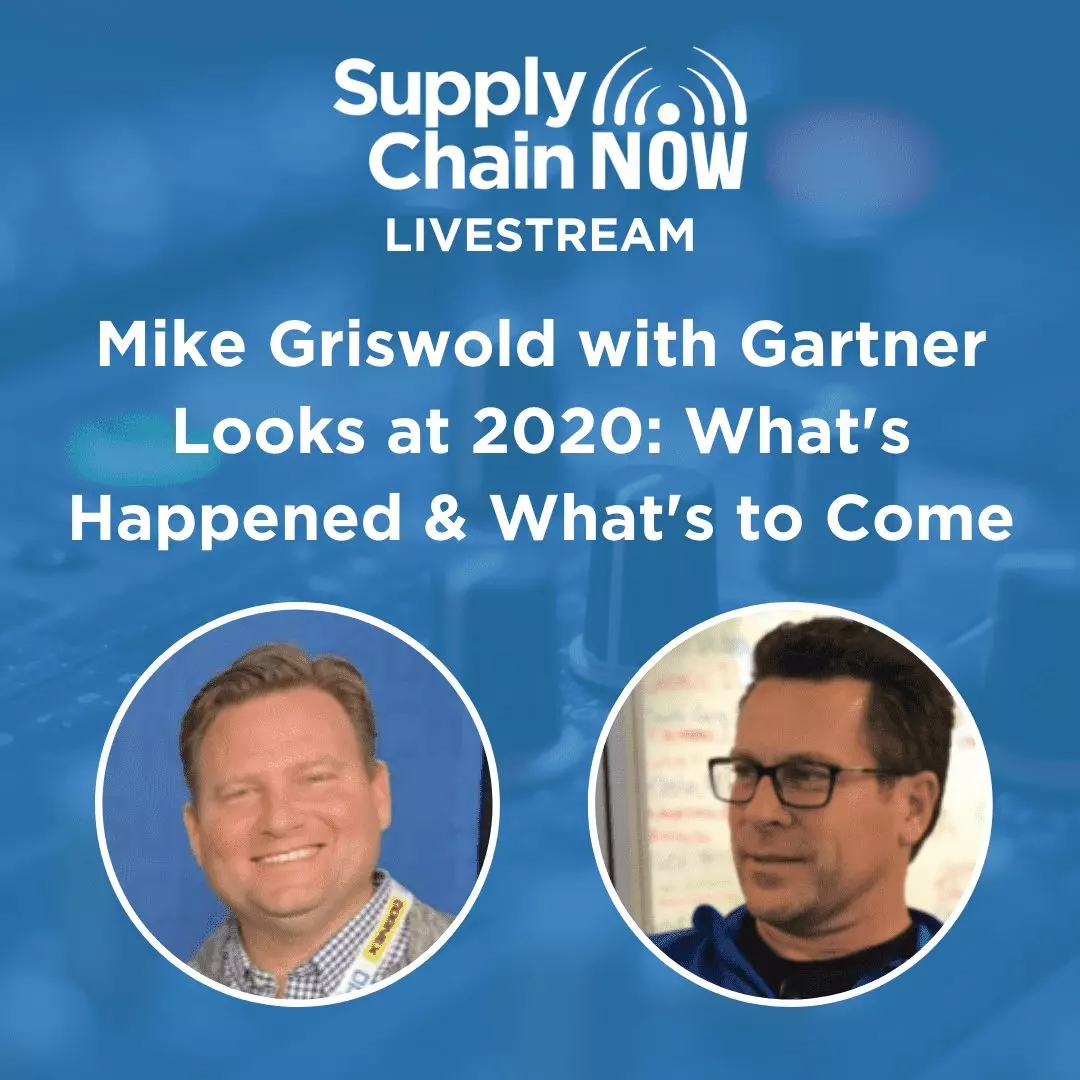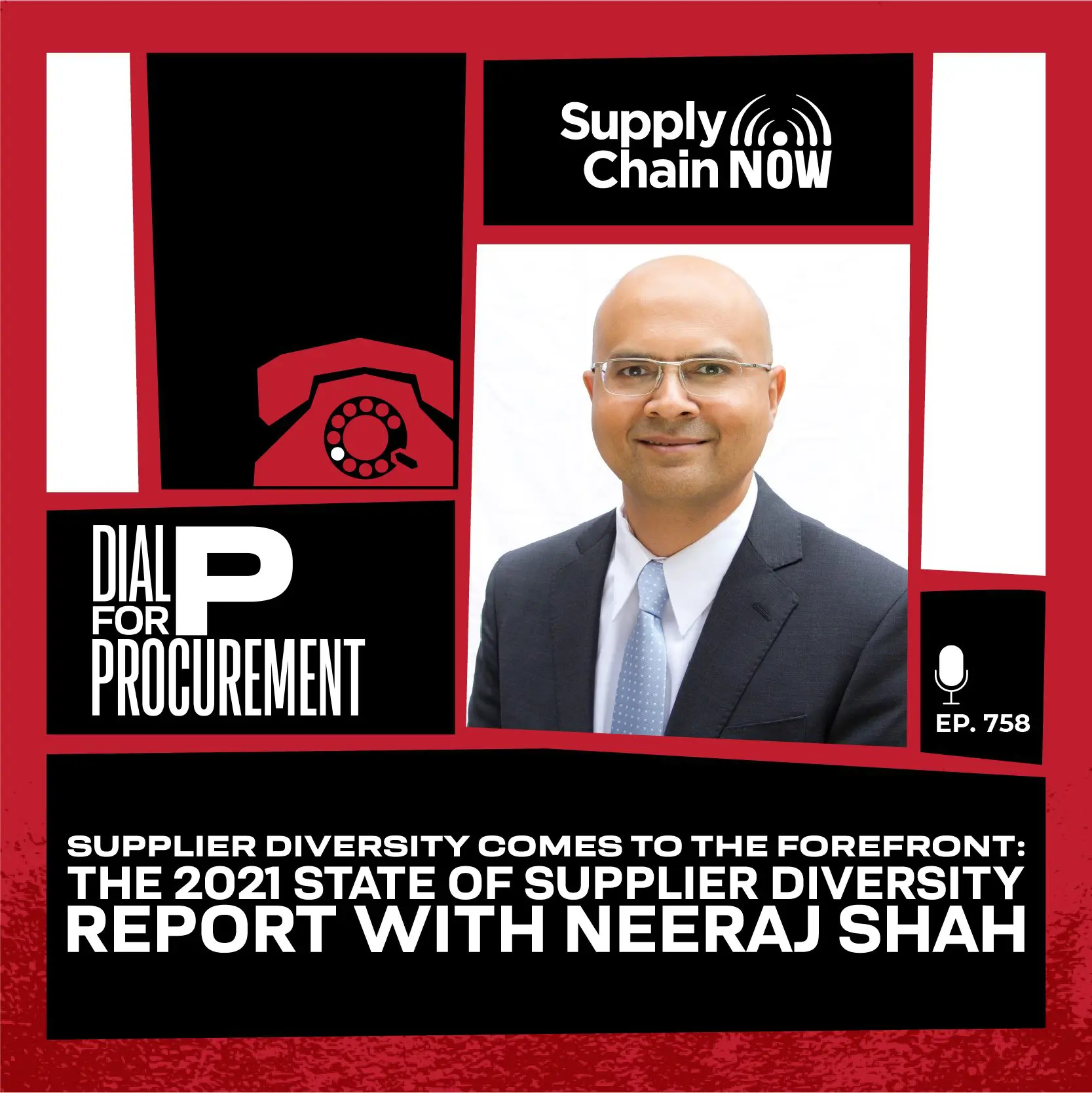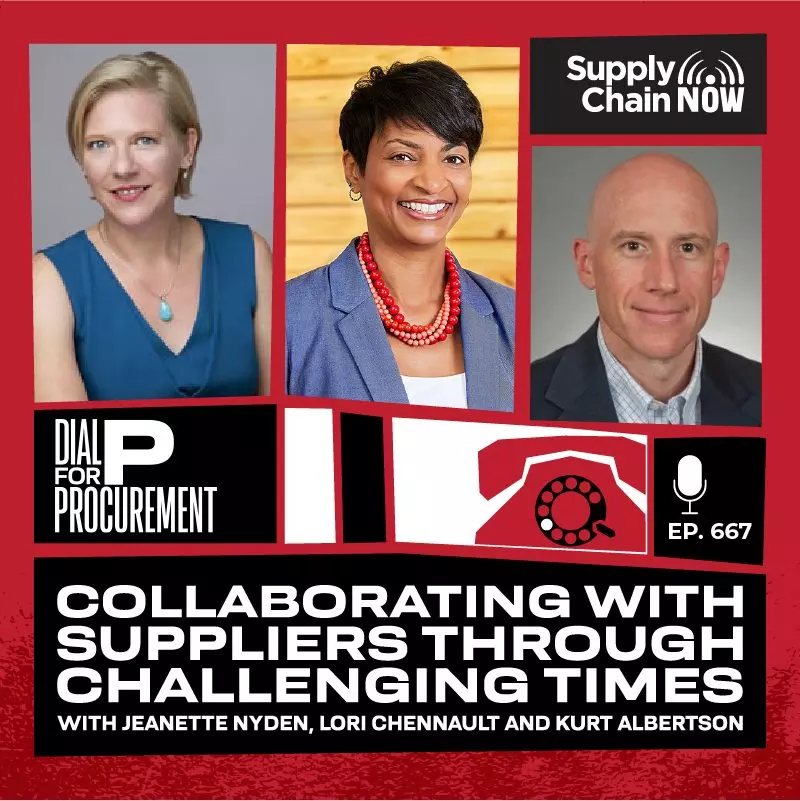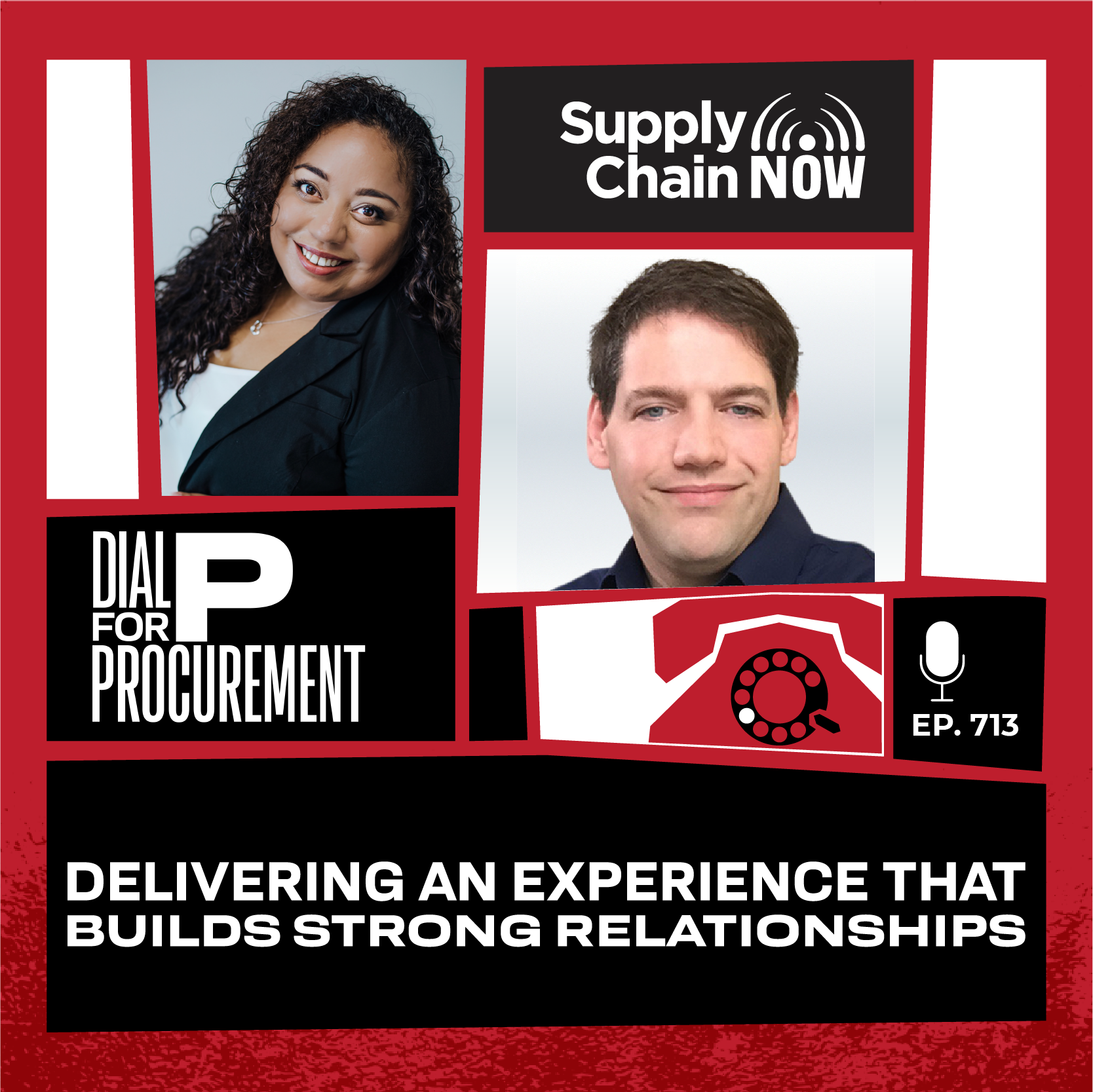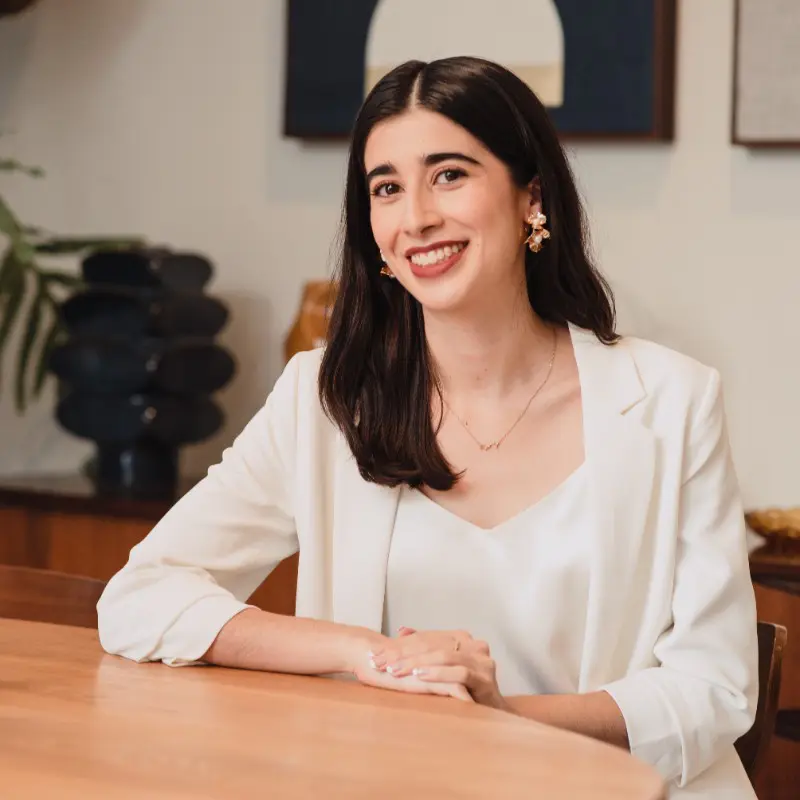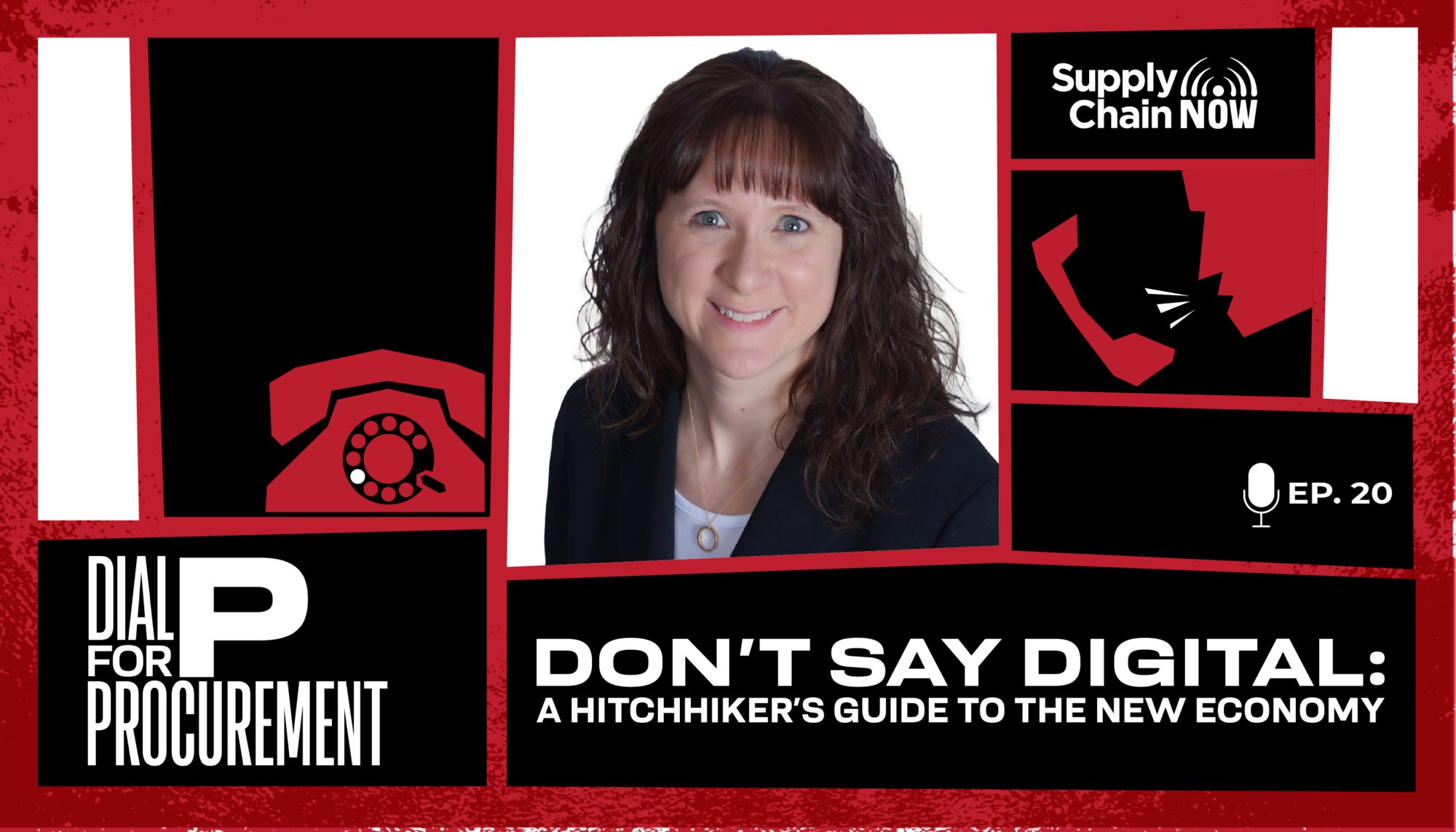
We should stop using that word, "digital," because everything is digitized. As long as we keep on using it, we clearly indicate that we came from the old economy, where digital was new. Now digital is all over.
- Rik Vera
Episode Summary
In this week’s Dial P audio podcast, Kelly Barner thinks back through one of the core concepts from the March livestream featuring Koray Kose and Rik Vera: moving from the old economy to the new economy – and making the most of the time between. As you might guess, the old economy was marked by transactions, economies of scale, and clear boundaries between what was ‘in scope’ for corporations and what was not. The rules were clear but the potential for innovation was constrained.
In the new economy, opportunities will abound, but success will not be easily won by the faint of heart. If you’re looking for proof of that, consider Elon Musk. He is a confirmed time traveler from the new economy who has arrived to shake things up and give us a look into the future. In the new economy, everything is far more interrelated and interdependent, and the lines are blurred between companies, governments, and humanitarian organizations.
Will you have the courage, vision, and energy to succeed in the new economy? Only time will tell. In the meantime, just don’t say ‘digital.’
Episode Transcript
Intro/Outro (00:01):
Welcome to dial P for procurement, a show focused on today’s biggest spin supplier and contract management related business opportunities. Dial P investigates, the nuanced and constantly evolving boundary of the procurement supply chain divide with a broadcast of engaged executives, providers thought leaders give us an hour and we’ll provide you with a new perspective on supply chain value. And now it’s time to dial P for procurement.
Kelly Barner (00:31):
Hi there, and thanks for joining me for dial P for procurement. Part of the supply chain. Now family of shows, I’m Kelly Barner, a career procurement practitioner with a love for us news and most of all good ideas, no matter where they come from. In addition to video interviews and live streams, I’ll join you each Thursday to share my point of view on a current news story that presents an interesting twist for business leaders or a new way of looking at a common challenge. Before I dig into this week’s topic, we’re building out dial he’s independent following. So no matter where you encountered this podcast, I’d ask you to subscribe and even give us a review. Thank you in advance for being an active part of our listening community. Now you may notice as we get into this episode, that today’s podcast is going to sound a little bit different. We’re all on a learning journey. Me included, and I’m experimenting with the format going less scripted. Okay. Wait, we’re all about authenticity here, right?
Kelly Barner (01:34):
Okay. There’s your proof, no script. So one of the things that people who attend supply chain now live streams or listen in to P or art of procurement podcasts may not realize is that it’s one thing to listen to a guest’s conversation and respond to it live. It’s another thing to go back and listen to the whole conversation as more of an audience member. Even if you happen to be one of the hosts. Now I got over the pain of listening to my own voice a long time ago. So yes, I am at the point where I can actually listen to myself talk and not be physically ill. And one of the recent conversations that I had was from a dial P livestream. And there was so many new ideas packed into that one hour that not only did I keep thinking about it afterwards, I felt the need kind of go back and think it back through in my own mind.
Kelly Barner (02:29):
So what I’m gonna share with you today is sort of a rethinking of the dial P live stream. I did with Carra say from Gartner and international thought leader and author Rick Vera. So basically what I’m gonna give you today is a podcast in three reacts. We’re gonna start with one. What is the old economy part two? What will winning look like in the new economy? And then three, this is the really meaningful part of what we’re going to dig into. What sort of opportunity exists to be seized in the transition between the old and new economy, if we’re brave enough wise enough and have the energy to seize it. So before we start rejecting the old economy, let’s sort of define it and talk about what it is as you might imagine. It has a lot to do with scale, right? Making profits based on a one to many approach, emphasizing efficiency, first, putting relationships.
Kelly Barner (03:26):
Second, if you ever get that far, if you were to map it out, the old economy would be linear, think lots and lots of transactions, right? Very straightforward stuff from a procurement. Think about supplier rationalization. Oh no, we have too many suppliers to manage them all. And so we need to have less suppliers so that we can have greater volume and therefore buying leverage with that smaller number suppliers. But that kind of tilts you towards very large players where you’re unlikely to have meaningful strategic relationships. The, the top constraints that we’ve been dealing with primarily came down to communications and access to qualified talent. Now, a lot of the progress that we’ve made over the last four years gets us past that, right. Communications are so easy. We have access to video chats and live streams and an ability to transform enormous file sizes. And, you know, we, we are so connected.
Kelly Barner (04:27):
We were incredibly connected before we all went home to work for the pandemic. Now we’re light years ahead of where we even were now access to qualified talent continues to be both a challenge and also kind of a subject issue. What is qualified talent for each kind of role? What should automation be doing right versus what should people be doing and built into this idea of what used to be considered qualified talent was a core assumption that endless growth was always possible. We didn’t necessarily think about the fact that natural resources might be limited or that we would get a model so big that it could no longer scale and provide the proper value. Right. We kind of operated on the, just get faster, streamline the transactions, rationalize the supply base over and over again. We fell into this cycle, but there’s very little opportunity for differentiation.
Kelly Barner (05:24):
And as much as we talk about the importance of innovation, the old economy didn’t naturally set us up for that. So some of the largest success stories from a corporate standpoint that we’ve seen over the last couple of decades, they were actually leaders in companies that managed spin themselves out of the old economy and create new markets and new demand based on the fact that they were no longer tied down to this straight, you know, scale and profit and one to many in transactions. So there’s been evidence that this kind of thing was in fact possible. The hardest thing about the old economy. And I’ll be totally honest. This is something that I personally struggle with is that it’s so surrounding us. It’s so comfortable. It’s so familiar. We can’t see it. One of the thoughts that occurred to me, especially at, after listening to Rick ver talk in that live stream, is that the old economy to most of us and, you know, I’m in my early forties.
Kelly Barner (06:24):
So anybody ballpark my age, you’re probably in the same situation as me. The old economy to us is like the ocean to fish. We’re so used to it being around us. We don’t really think of it as a separate thing. It’s just the environ that we work in. And as much as we talk about bias from a racial standpoint, from a disability standpoint, from a gender standpoint, the old economic bias is something that’s in all of us. And it’s something that’s very hard to notice, but we need to try to start tuning ourselves in and being conscious to what that bias is, what it looks like and try to find ways to stop it. You know, I think one of the really simple examples of an old economic bias is around how you handle meetings. Are you someone that goes to meetings to work, or do you go to meeting to get assignments that you then need to leave and do as your work to me, the old economic bias is you go sit in a meeting, you do status, you listen to other people share their status, right?
Kelly Barner (07:29):
Then you leave the meeting and you do their work. Not very efficient, not very creative, not making the most of the opportunity to have a bunch of people together in a room. <affirmative>, that’s the kind of thing that we can try to break ourselves out of, not the stock hour long, every single week meeting where no work gets done instead ad hoc shorter meetings where work actually happens. And people walk away with very specific deliverables, not based on something that was discussed in the meeting, but based Don work that was begun in the meeting and then will spin off and be accomplished separately until the group comes back together. Again. So obviously the old economy we’re trying to get away from that, not everything about it is bad. It, it serves as a great foundation for where we are today and what we’ve achieved, but you can start to feel things tipping both towards a need for something new and in favor of the companies that have already managed to start making this transition.
Kelly Barner (08:29):
So let’s then think about what is the new economy. And this is a great idea. Something that Rick talked about in the livestream, it’s something that I know he’s written about in book and that he speaks about in keynotes. And I got my own personal live consultation on screen in that live stream. This is the very first time anytime I’ve been in an interview and I’ve had a guest tell me to stop using a word. So just in case my mother happens to be listening to this podcast, no, I did not use bad language. I was talking about digital transformation, some very typical kind of thing. And Rick stopped me and he said, stop using that word. We need to stop saying digital <affirmative>. Everything is digital. So if the water to the fish is the old economy to most of us, what we have ceased to realize is that the water has been replaced with digital, unless you’re an old photography hobbyist, there are no more cameras that aren’t digital.
Kelly Barner (09:31):
There are no more phones that aren’t digital. There are no more meetings that aren’t digital and truthfully he’s absolutely right about this. There are no more transformations that aren’t digital. So stop saying it. So now we’ve got the D word added to the list of things that you can’t say, unless you’re on cable or very late night TV. So we’re all gonna stop saying digital. It’s just assumed <affirmative>. Now there’s gonna be change as we move towards the new economy. And one of the things that I like is the emphasis on relationships. As we move away from supply chains and move towards supply ecosystems, interconnected supply networks, relationships, remember we’re starting to move away from the one to many, and we’re starting to have these many to many types of situations. Our relationships, as much as we’ve talked about them are going to start to be increasingly critical.
Kelly Barner (10:28):
Now I’ve always been very clear about my philosophy. There should be no jerks. None of us should tolerate jerk. It’s absolutely unacceptable. That doesn’t mean that we aren’t going to hear harsh things at times that we aren’t going to have to work with people that maybe do different things differently than us, but being dismissive, being demeaning, right? Treating people poorly in the new economy that is simply not going to fly and what that opens the door to are brand new measures of success. So we’re no longer measuring transactions, counting transactions, we’re weighing contributions and that’s something that’s going to exist on the individual level. And it’s also something that’s going to exist collectively, whether it is companies or industries or supply ecosystems, what are the combined collective contributions that a group of people can make for the better of everyone. Now, when we think about better, one of the challenging things I actually think about the new economy seems better, but it’s going to confuse things.
Kelly Barner (11:39):
So there’s a lot of talk about things like millennials wanting work, life balance, or travel freedom, right? That kind of stereotype. There’s also sort of a corresponding consumer dynamic where people wanna make sure that the brands that they buy from are doing sort of the right things. I know this is a podcast no-no, but air quotes, they’re doing the right things. But the right thing to you and the right thing to me are two completely different things. And the new economy is gonna create some real challenges for leaders in particular. This is where I mentioned courage earlier. It is going to take courage to be an effective leader in the new economy. There was a really interesting wall street journal article that went by the end of March. It was by James Macintosh and the title is do good. Investing is under pressure. Now this is from an investor’s perspective versus a corporate leadership perspective.
Kelly Barner (12:33):
But I think the idea is clear. So let me share a very brief excerpt with you from that article. He says, here’s the problem. ESG is trying to gauge the sensitivity of companies to the public mood, either for moral reasons or because the public matter as customers, suppliers, and employees of the companies, but the public mood keeps changing. And what counted is the right thing to do before Russia invaded Ukraine has suddenly switched before the invasion. The focus of most in ESG was on carbon emissions with many also excluding defense stocks, especially makers of controversial weapons, such as nuclear and cluster bombs and landmark. Since the invasion Western governments have put their efforts to put carbon on hold and become major suppliers of weapons to Ukraine cheered on by their voters. Nuclear deterrence is a topic of conversation again in the face of Russian threats.
Kelly Barner (13:30):
And it’s not obvious that ESG investors really want to ditch nukes yet. What’s the point of refusing to invest in nuclear weapons suppliers, unless you want to shut them down. It’s like eating meat, but refusing to finance an AOI, which is a fancy word for slaughterhouse on moral grounds. This about faces left ESG investors in a bind, at least one fund manager who had excluded weapons manufacturers, a on moral grounds has now added them back in and plenty of others are considering weather to change. So the thing that I think is so interesting about that excerpt, and again, it was from an investor’s point of view, but I think you can see the connection from a corporate standpoint, if we’re trying to gauge the sensitivity of companies, consumers apply partners, right? That is going to be shifting. Now that definitely does not work under the old economic system where you would get something in place.
Kelly Barner (14:24):
And then you would just find ways to make it more efficient in the new economy, values based systems and supply networks have to be able to flex and bend and adjust. Because if we, in fact, are going to take direction based on people’s subjective impressions about what’s good and bad in a certain set of circumstances, it’s gonna be a whole lot less straightforward about what the right thing is to do. Now we talked about courage, right? And one of the other things that we’re going to need to do to be able to face this new economy is to recondition ourselves so that our responses to risk and disruption and uncertainty are not necessarily negative. It’s been a very risky time for executives that have chosen to speak out on a whole range of social issues. And more than one of them learned the hard way that the blow back can be swift and harsh.
Kelly Barner (15:20):
Some executives have even been removed from their positions because of what they did. So we need to find a middle ground where you have leaders with courage and that show some sensitive to these social issues, where there are no longer clear lines between what is corporate scope and what is not corporate scope, but there needs to be a reconditioned sense of risk where yes, maybe we get a little bit more comfortable with disruption, but we’re not mistaken and ability to project what each individual want of us thinks about something with our appropriateness to do that on behalf of the brand that we represent. So as much as the old economy had its limitations, the new economy is gonna be very complex place. I think in a lot of cases, it’s gonna be end up being sort of a live by the sword, die by the sword, kind of a situation.
Kelly Barner (16:14):
Anything binary is probably not going to fit under this new situation. So things like sustainability were maybe in the past, we’ve had relatively rigid metrics because we were trying to ensure that the right things were being done. They were getting back into this idea of what’s, right. There’s gonna have to be an awful lot more shades of gray in between what’s considered best practice and what’s considered unacceptable on the other end of that spectrum. Now, one of the groups that I do not envy in this, maybe even more than corporations are governments, the role of governments is likely to change as the lines start to blur between in corporations and things that were typically outside of their scope. Now the government tends to regulate and as much as they view that as the best way to driving progress, in some cases, their way of driving progress is even more tightly coupled with the old economy and old ways of thinking.
Kelly Barner (17:13):
Then we see today in corporations that are struggling to move themselves to a new economy style of thought. Now they’re gonna have to be very careful about that because as the incentives to improve sustainability or diversity, for instance, increase and the disincentives or the consequences for not improving also increase, you actually create this situation where you’re incentivizing people to cheap, fake it, shine it up, make it look a little bit better than it is. And that’s not what we’re looking for. We’re not looking to put ourselves back into sort of a, not a new economy so much, but a Giled economy, right? If you think about the Giled age, it wasn’t gold. It was Giled. There was something else under the surface. That is definitely not what we’re looking to create. We’re looking to create something that as authentic as me doing this podcast, without a script that you can dig beneath the letters you can look into, the reports can ask questions into the supply chain.
Kelly Barner (18:10):
You can put boots on the ground in different countries around the world. And you’re going to find that the company’s actions and the actions of their supply partners align with the value statements and commitments that the leadership teams have made publicly. So complex place that we’re moving towards, but we not there yet. So we’re leaving the old economy and we’re moving towards the new economy. Rick described this as the Twilight twenties, this time between the old and new, this is a really exciting opportunity for people that are positioned to seize it. People that are willing to place their desire for comfort and certainty ahead of gain are not going to be the leaders in the new economy. We currently find ourselves in a battle between our fear of the unknown and our desire for autonomy, which one of those is going to win out. I actually think we’re watching a real life example of this play out between Elon Musks and Twitter.
Kelly Barner (19:13):
As I record this, there’s an enormous public battle going on between the people already running the company and Elon Musks. And are they gonna try to limit how many shares that he can buy? Can they stop him? Is he willing to take the organization over and make it literal open and free communications? We are watching it’s, it’s not their intent. It’s sort of a byproduct of the conversations that are going on, but we are watching in real time, Elon Musks say I’m willing to put my money on the line and be comfortable to create something that I think is important. It needs to and Twitter, which in some cases, although to be fair, not all is saying, mm, we need some safety. We need a day of recovery. We need to really think this through. We’re not sure we want these ideas on our platform, right?
Kelly Barner (20:06):
We know Elon Musk is a full-time resident of the new economy. He always has been. It’s how he’s achieved everything he did at Tesla. It’s how he’s achieved everything he did at SpaceX. So he’s sort of a time traveler. He’s he’s come back in time. He’s ahead. He hasn’t necessarily been to the new economy cuz none of us have been, but boy, can he see it clearly? And we’re getting to watch this all play out. Each one of us gets this opportunity to watch this go on and ask ourselves, what is our relationship going to be like with discomfort? You know, we talk about change management a lot in procurement and we always have, we usually position it as well. No one likes change. And, and I think it’s fair to be honest about that. Most people don’t love change, so we don’t necessarily have to look forward to it, but we have to be cautious about putting up walls against it.
Kelly Barner (21:02):
There needs to be some amount of embrace some openness to it. Otherwise we’re gonna get trapped in the old economy and we’re not going to be able to make our way forward. I think one of the real questions that’s going to tar to test our ability to function in an uncomfortable situation are these lines that I’ve been talking about that are getting redrawn between what’s corporate and what’s other. So for instance, one of the really interesting I heard someone pose was, you know, Zelinsky is begging for all of these weapons and governments are really uncertain about giving them because understandably, they’re not looking to trigger a nuclear war with Russia, but there are quite a few billionaires in the world acting as independent individuals that could potentially buy quite a few things off that a particular gift registry and just have them delivered. So you’re starting to get independent people, let alone corporations functioning in ways that only corporations and governments used to be able to do.
Kelly Barner (22:00):
But bringing this back down to the level where most of us work, we’re thinking again about this idea of ecosystems, what are we trying to achieve? What tools do we have at our disposal? How well formed are things. And I think one of the challenges we have to be aware of is that at every turn, there’s a possibility that we’re gonna get dragged back into the own way. If you felt uncomfortable for a minute, with the ideas that I’ve shared in this podcast, whether it’s sustainability needing to be less straightforward, whether it’s companies needing to break out of what has been traditional corporate topics, whether it’s needing to be more open to change, any response you have to feeling uncomfortable is either going to allow you to move forward into the new economy. Even with reservations, that’s fair, we’re still allowing critical thought in the new economy, or it’s gonna prevent you from building up the momentum that is required to escape the gravitational pull of the old economy, right?
Kelly Barner (23:01):
If we round off or soften the corners and the rough pieces on the things that make us uncomfortable, eventually we’re gonna take the vision of the new economy and we’re gonna look at it in our hands and we’re gonna see it is the exact same shape as the old economy, but other people are going to move forward. And so we need to make sure that we create that opportunity for ourselves to move forward. The greatest unknown, from my perspective, how we are truly going to define success. I think a lot of it’s gonna come down to relationships. I talked earlier about the weight of contributions. I think that’s gonna be important, but those things aren’t metrics. And I think even in the new economy Kaari and Rick can tell me what they think. I think they’re probably still gonna be metrics in the new economy.
Kelly Barner (23:51):
We need to rediscover how we’re going to decide what is successful. And as there are now, there are gonna be qualitative and quantitative factors to that. I also think we have to be very careful about asking ourselves what we are willing to trade for stability or vice versa, what we’re willing to lose in order to keep our freedom. Corporations are not moving in the direction of being more predictable, safer places to work, but they are moving in the direction of being far more impactful, far more authentic, far more human, far more connected and much better for those of us that are willing to work our hearts out, to get to the new economy and seize all of the opportunities that it has to offer. That’s my point of view. Anyway, thank you for listening to this audio episode of dial P for procurement, but don’t just listen, join the conversation and let me know what you think on this topic or on this new format I’m trying out. I can take it. Let’s work together to figure out the best solution until next time. This is Kelly Barner for dial P for procurement on supply chain. Now have a great rest of your day.
Intro/Outro (25:03):
Thank you for joining us for this episode, a of dial P four procurement and for being an active part of the supply chain now community, please check out all of our shows and events@supplychainnow.com. Make sure you follow dial P four procurement on LinkedIn, Twitter, and Facebook to catch all the latest programming details. We’ll see you soon for the next episode of dial P four procurement.
